: Mansa Musa gave away so much gold that he unintentionally inflated the price of the precious metal so much that it took a full decade to stabilize in value.
Mansa Musa, a ruler of the Mali Empire in the early 14th century, is often considered the richest man in history due to his immense wealth from gold, salt, and copper. Despite his claimed innocent rise to power following the disappearance of his predecessor at sea, some historians suspect he seized the throne through less legitimate means. Once ruler, Musa expanded his empire through conquest and religiously motivated campaigns, while also preparing for a legendary hajj to Mecca that showcased his wealth and generosity. His lavish spending on his pilgrimage, particularly in Cairo, reportedly destabilized local economies, yet also spread his fame across the Islamic world. Despite the hardships faced on his return journey, Musa continued to develop the Mali Empire, investing in education and architecture, leaving a lasting legacy that intertwined wealth, faith, and cultural influence.
Mansa Musa was a ruler of the Mali Empire, known for his unprecedented wealth derived from the empire's control over gold, salt, and copper resources, making him possibly the richest man in history.
Musa's rise to power followed the supposed disappearance of his predecessor during a trans-Atlantic expedition, although some historians believe this story was fabricated to cover up a more forceful seizure of the throne.
With a strong desire for expansion and religious influence, Musa led military campaigns to conquer new territories, often against non-Muslim societies, and prepared meticulously for a grand hajj to Mecca.
During his hajj, Musa's extravagant spending in cities like Cairo reportedly caused economic disruptions, as he distributed vast amounts of gold, but this also enhanced his reputation for generosity and spread tales of Mali's wealth.
Despite returning from his pilgrimage financially strained, Musa continued to invest heavily in Mali, funding significant architectural and educational projects that transformed the region into a thriving cultural and religious hub.
Musa's hajj included a caravan of over 12,000 slaves and 80 camels laden with gold, and his actions during this journey left lasting impressions across North Africa and the Middle East.
Although his exact date of death remains uncertain, Musa's legacy endures through the architectural and educational advancements he championed, and the mythologizing of Mali as a land of boundless gold.
He Was Richy Rich—And Then Some
Mansa Musa was the ruler of the Mali Empire in the early 14th century—and he was no backwater baron. Thanks to salt, gold, and copper, he had untold, incalculable, immeasurable wealth. Some historians even say that he was the richest man in history. But you know what they say: more money, more juicy gossip.
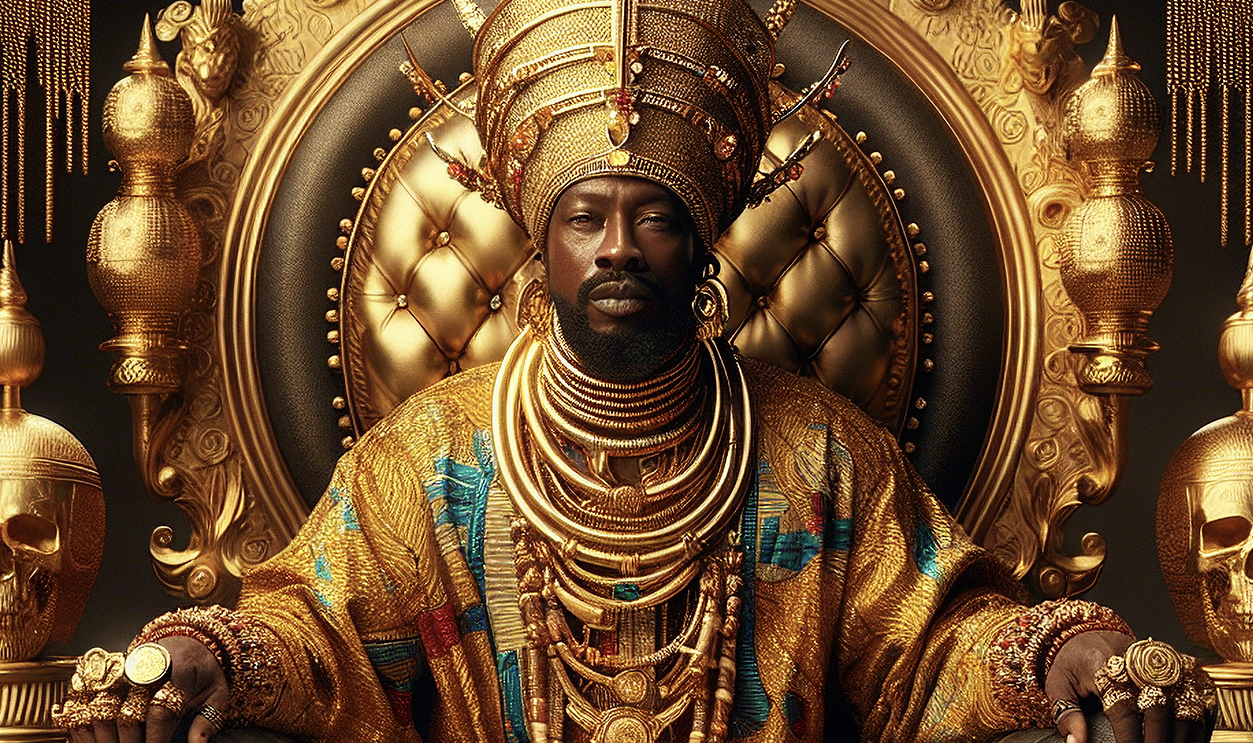
1. His Early Life Is Shrouded In Gold-Tinted Mystery
Nobody knows exactly when Mansa Musa was born (or, more specifically, when he was minted like a $400 billion coin). However, some records suggest he was a young man by 1324. His father was named Faga Leye, and his mother may have been a woman named Kanku.
Regardless, he was definitely close to power.
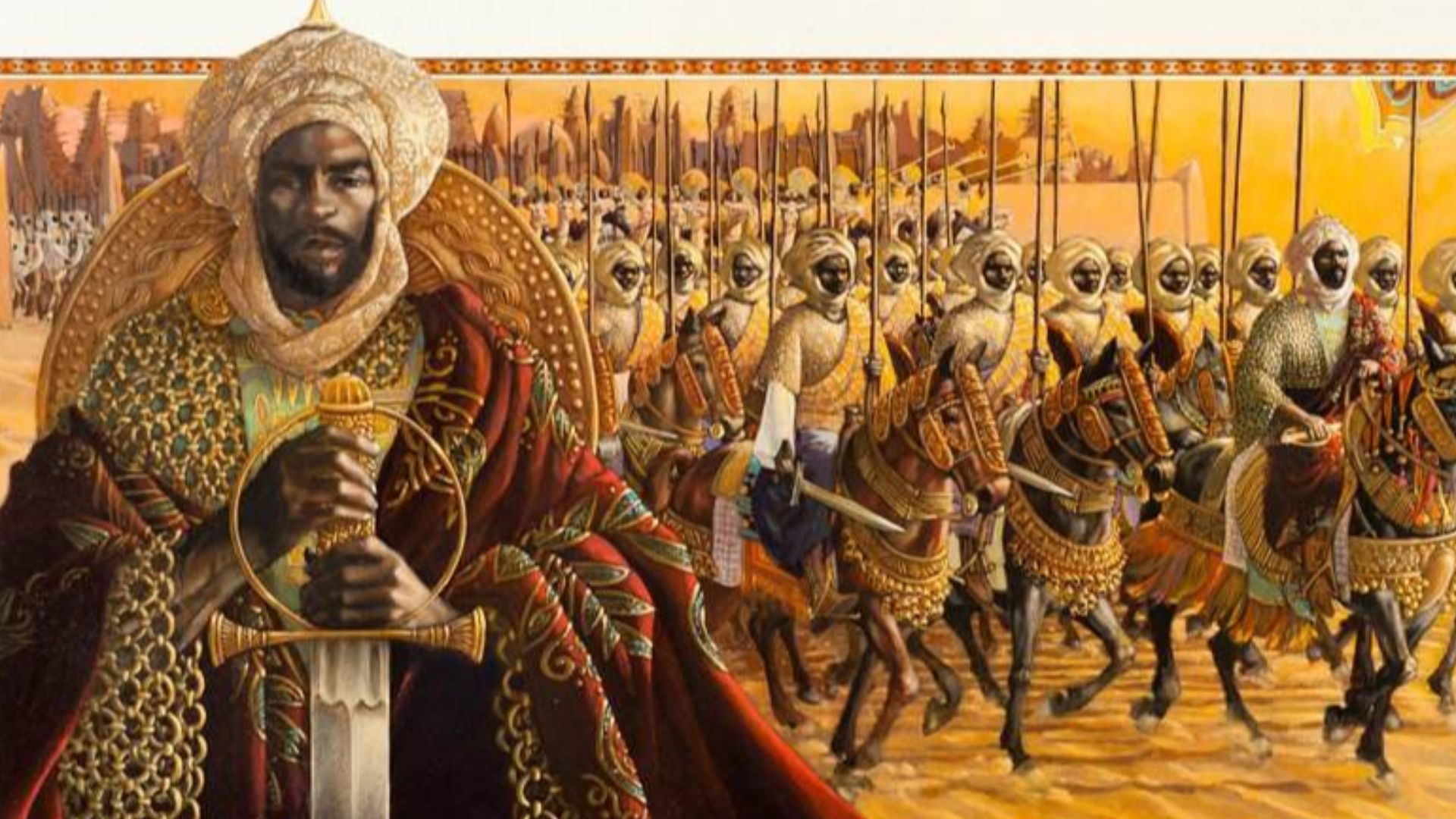 HistoryNmoor, Wikimedia Commons
HistoryNmoor, Wikimedia Commons
2. He Was Born From Royal Blood
Musa had royal Malian blood from day one. His father, Faga Leye, was the son of Abu Bakr, who was, himself, the brother of Sunjata, the legendary founder of the Mali Empire. That made Musa the great-nephew to the ruling family, so no one ever expected him to rise to power.
But rise, he would—and under curious circumstances.
 MANSA Teaser Trailer - Mansa Musa Richest human to have ever lived, Codeblack Movies
MANSA Teaser Trailer - Mansa Musa Richest human to have ever lived, Codeblack Movies
3. He Took The Throne Under A Cloud Of Mystery
Mansa Musa rose to power in the year 1312…or so we believe. Historical sources differ on when and how exactly Musa snagged his golden crown. What’s clear is that his path to the throne was unconventional—and, perhaps, not entirely above board.
 MANSA Teaser Trailer - Mansa Musa Richest human to have ever lived, Codeblack Movies
MANSA Teaser Trailer - Mansa Musa Richest human to have ever lived, Codeblack Movies
4. He Was Left In Charge
According to Musa himself, his rise to power (and virtually limitless wealth) was entirely innocent. He claimed that his predecessor launched two massive expeditions into the Atlantic Ocean, the first voyage consisting of 200 ships, the second compromising 2,000. On the second voyage, the Mansa went personally, leaving Musa behind as acting ruler of the empire.
He wouldn’t be acting for long.
 MANSA Teaser Trailer - Mansa Musa Richest human to have ever lived, Codeblack Movies
MANSA Teaser Trailer - Mansa Musa Richest human to have ever lived, Codeblack Movies
5. He Assumed The Throne
Musa gives a perfectly believable account of what happened next. He claimed that, when the reigning Mansa failed to return from his voyage asea, Musa officially took the crown. His ascension shifted power from Sunjata’s descendants to the branch of the royal family descended from Sunjata’s brother, Abu Bakr.
But there’s reason to believe something else happened. Something less…accidental.
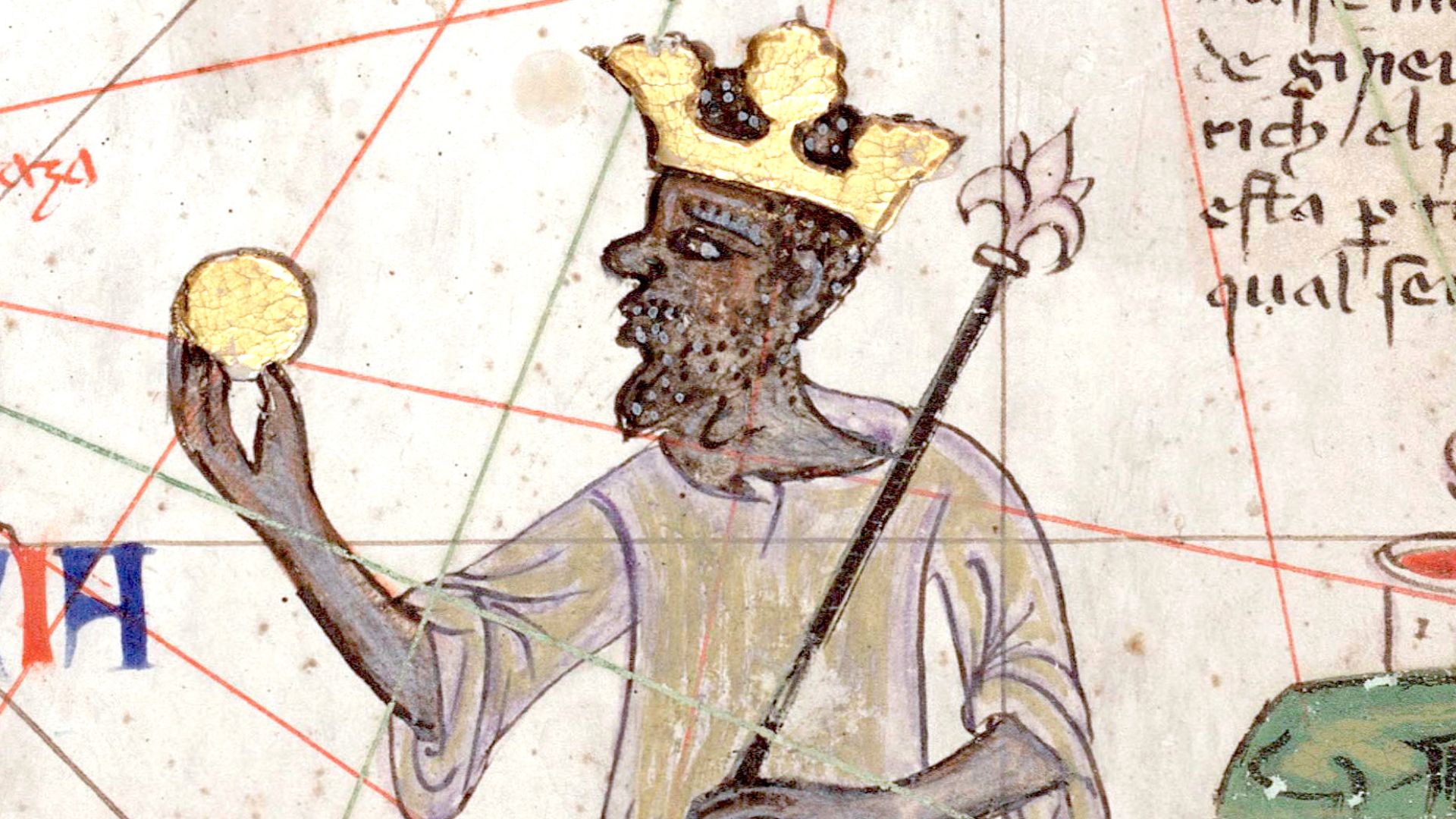 attributed to Abraham Cresques, Wikimedia Commons
attributed to Abraham Cresques, Wikimedia Commons
6. He Might Have Made It All Up
Modern historians have cast doubt on Musa’s breezy, coincidental tale of ascension. Sure, he said he just stepped in when the last guy vanished at sea—but let’s be honest, that sounds suspiciously convenient.
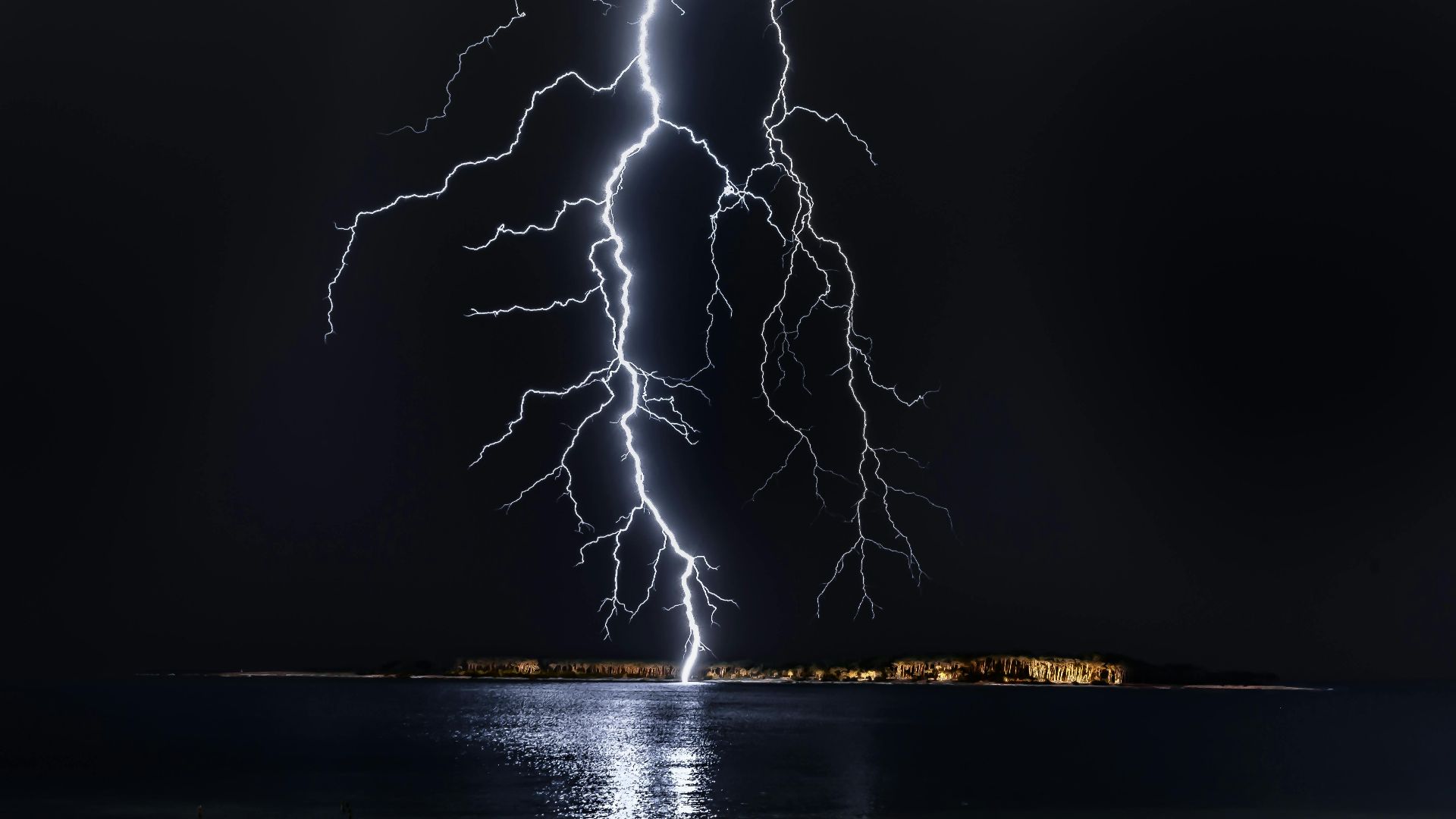 Philippe Donn, Pexels
Philippe Donn, Pexels
7. He May Have Taken The Throne By Force
Some scholars believe Musa didn’t just inherit power—he seized it. According to this version, the Atlantic voyage story was just a royal cover-up: a tidy way to explain away a less-than-legit transfer of power. After all, there was a vast fortune at stake.
 Mustapha GUNNOUNI, Getty
Mustapha GUNNOUNI, Getty
8. But The Story Isn’t Totally Unbelievable
Despite the skepticism, Musa’s account of a trans-Atlantic expedition gone horribly wrong isn’t entirely unbelievable. Some historians stick to Musa’s account of events—even if he had a glaring, gilded conflict of interest.
 Jean-Baptiste Henri Durand-Brager, Wikimedia Commons
Jean-Baptiste Henri Durand-Brager, Wikimedia Commons
9. He Was Young Money
Regardless of how he came to power, Musa did ultimately become the ruler of the Mali Empire. By the time he ascended to the throne, he wasn’t some wise old king with a gray beard and a battle-worn crown. He was a young man—maybe even in his early twenties—when the empire landed in his lap. He had everything: youth, money, and power.
He just needed salvation.
 MANSA Teaser Trailer - Mansa Musa Richest human to have ever lived, Codeblack Movies
MANSA Teaser Trailer - Mansa Musa Richest human to have ever lived, Codeblack Movies
10. He Spent Years Plotting Something Epic
Musa spent his first years as Mansa preparing for the greatest hajj the world had ever seen. Given the sheer magnitude of his hajj—and the legendary things he did along the way—historians believe he spent years orchestrating every gold-laden, camel-heavy, jaw-dropping detail.
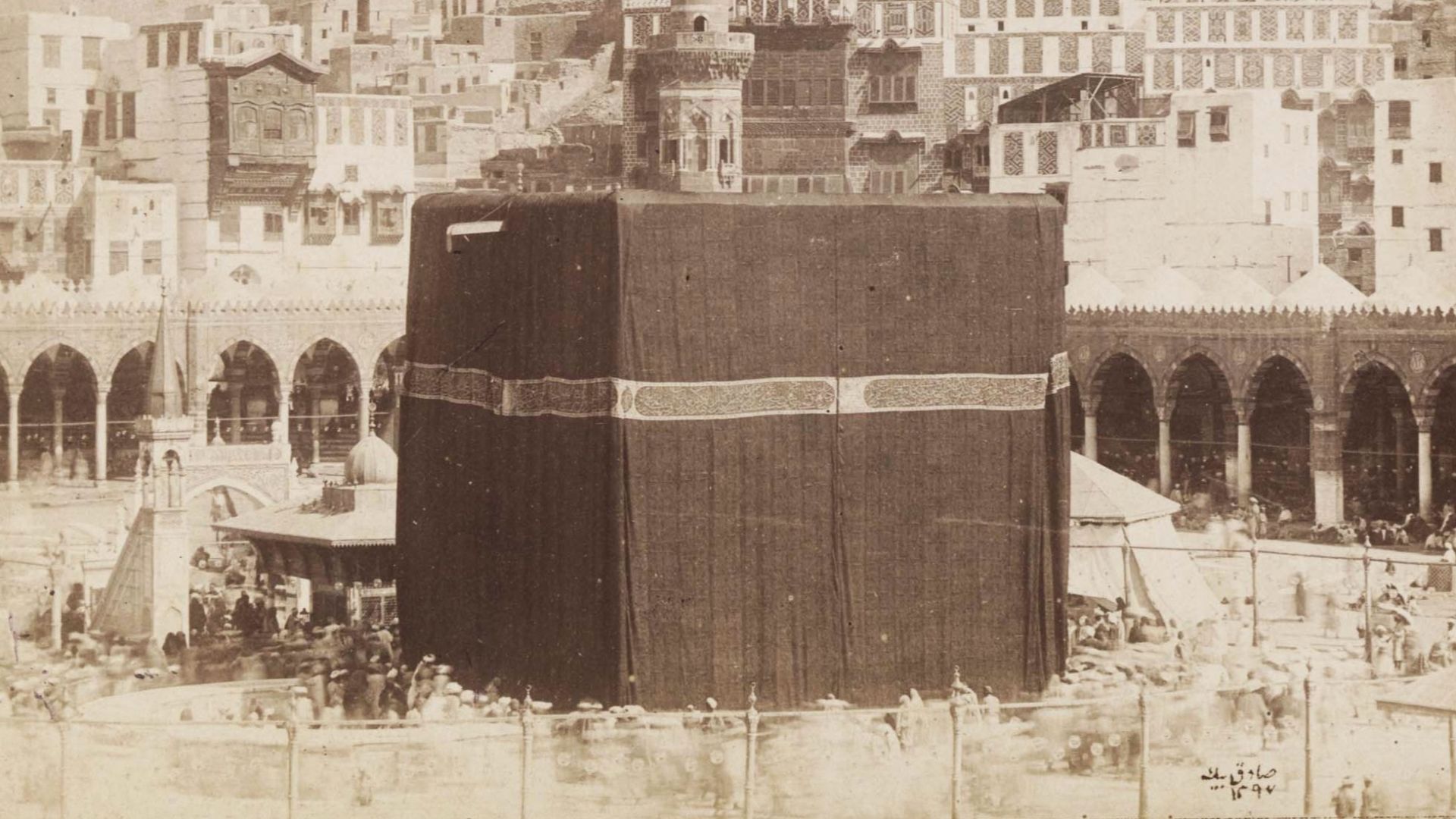
11. He Went On Slave Raids
In preparation for his extravagant hajj, Musa did something that would have made most religious clerics turn away in shame: he orchestrated slave raids in neighboring regions. Historian Michael Gomez estimates Mali captured over 6,000 slaves annually—many of whom would join the Mansa’s massive entourage on the road to Mecca.
 Photos.com, Getty
Photos.com, Getty
12. He Conquered Many Cities
In his early reign, slave raids weren't enough to satisfy Musa. He wanted to conquer new lands. In 1324, while in Cairo, he casually claimed to have conquered 24 cities. These brutal campaigns were largely against non-Muslim societies, suggesting Musa framed them as religiously motivated.
It was all for the gilded-glory of the Mali Empire.
 Daniel Havell / Samuel Rawle / After Henry Salt, Wikimedia Commons
Daniel Havell / Samuel Rawle / After Henry Salt, Wikimedia Commons
13. He Ruled A Mega-Mali Empire
Under Musa’s rule, the Mali Empire reached its zenith, stretching across the Sudan-Sahel region. With its staggering reach, the empire dominated gold routes, cultural centers, and trade outposts, giving Musa direct control over the immeasurable resources and wealth of West Africa.
But he still hadn't satisfied his thirst for more wealth yet.
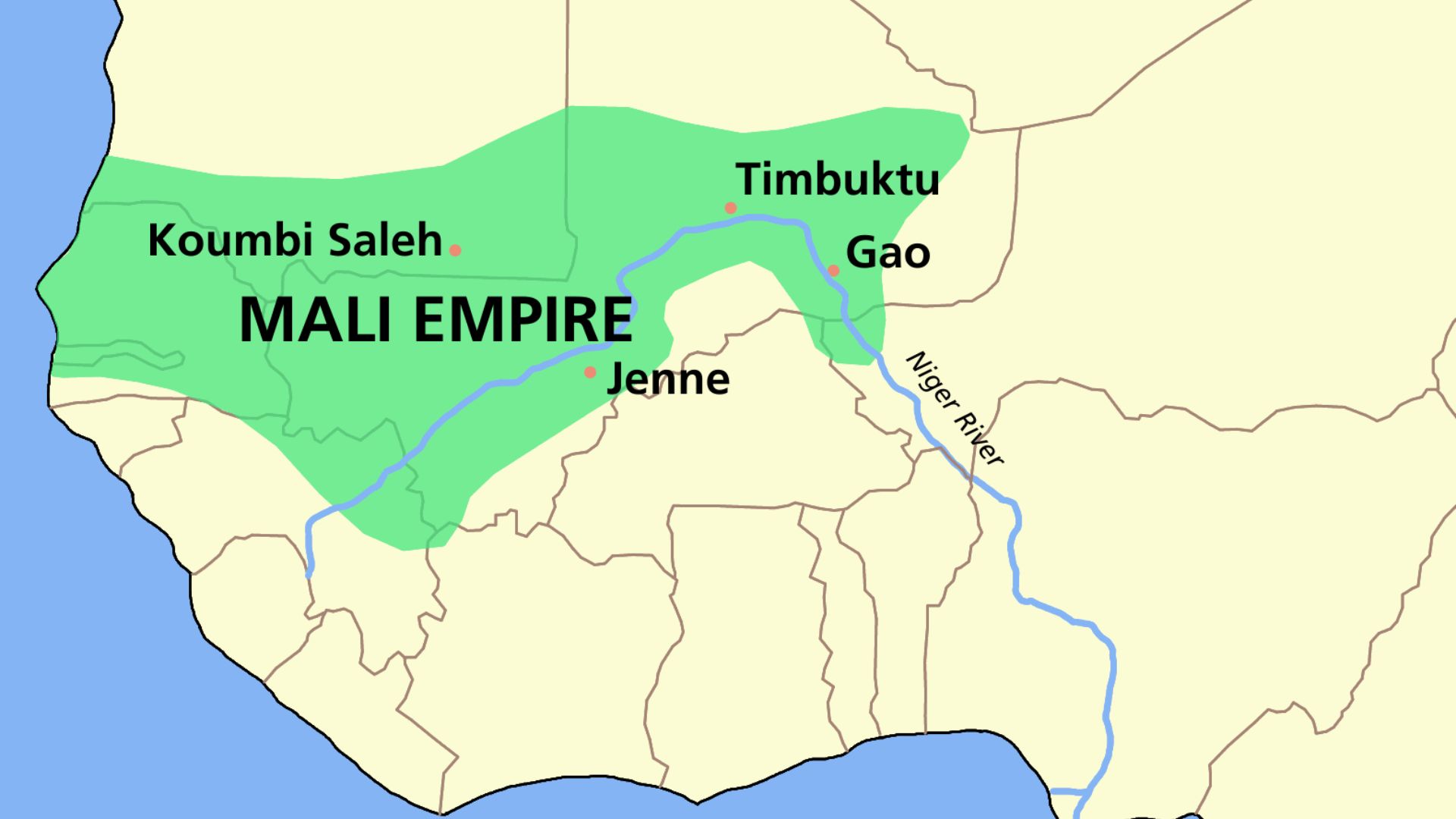
14. He Absorbed An Ancient Kingdom
When Musa took the throne, the Mali Empire had already subsumed much of the old Ghana Empire. His domain covered what we now call Mali, Guinea, Senegal, Mauritania, The Gambia, and more—a massive swath of gold-rich terrain.
However, his acts of conquest may have started at home.
 Hulton-Deutsch Collection, CORBIS, Corbis, Getty Images
Hulton-Deutsch Collection, CORBIS, Corbis, Getty Images
15. He Took Someone Close To Him
According to the Tarikh al-fattash, Musa didn’t just have the blood of his enemies on his hands; he may have accidentally ended his own mother’s life. While the details of the event are murky at best, the incident, whatever it was, didn’t put a dampener on Musa’s much-anticipated hajj.
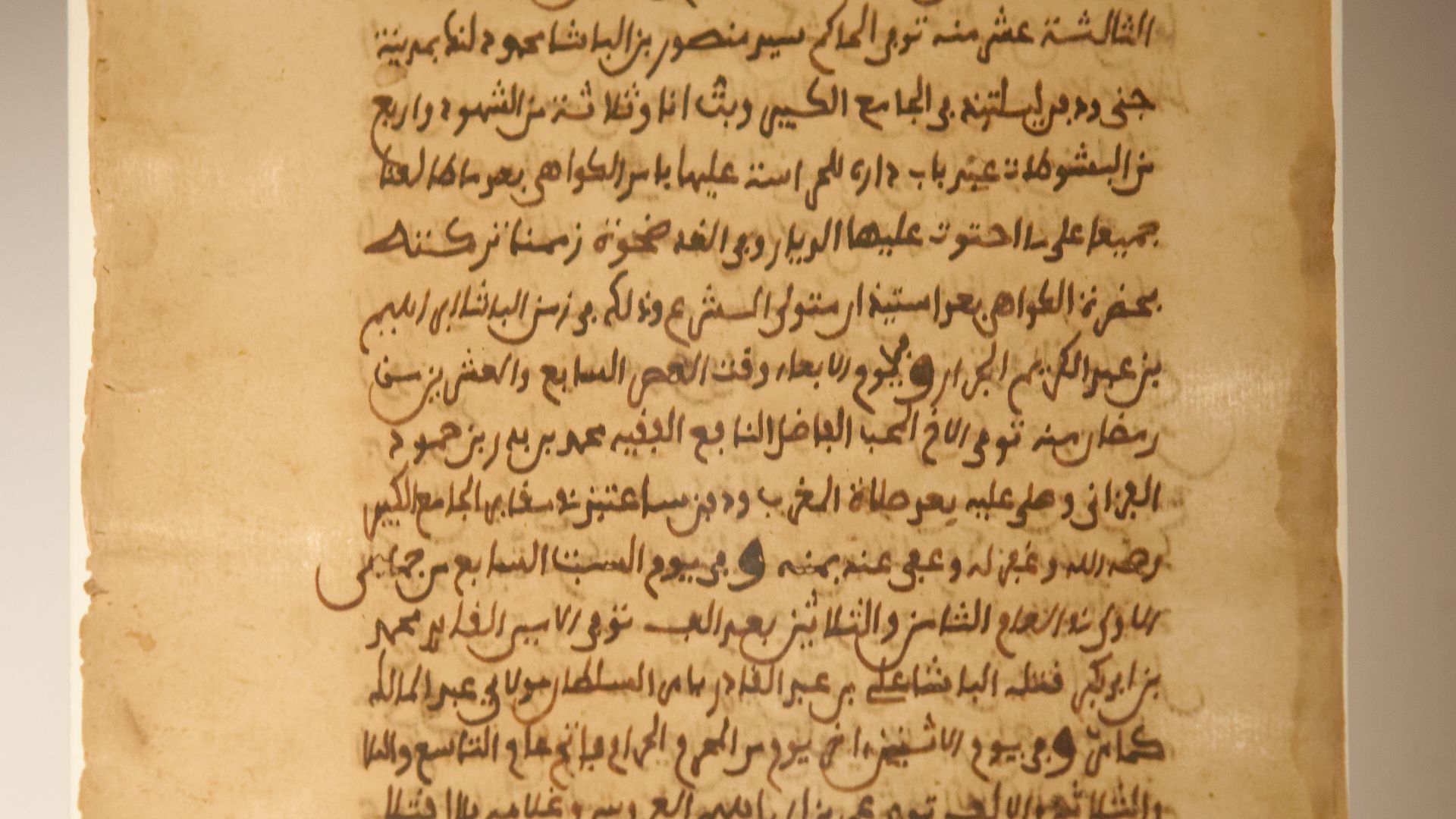 Marie-Lan Nguyen , Wikimedia Commons
Marie-Lan Nguyen , Wikimedia Commons
16. He Made The Ultimate Hajj
As a devout Muslim, Musa had spared no expense in preparing for his hajj—his sacred journey to Mecca. While most Muslims make the humble journey with what little they have, Musa turned the mandatory adventure into a continent-spanning spectacle. The journey catapulted his fame across North Africa and the Middle East, where tales of his generosity and gold spread like wildfire.
 Unknown authorUnknown author, Wikimedia Commons
Unknown authorUnknown author, Wikimedia Commons
17. He Just Wanted To Take In The Culture
To Musa, the Islamic world wasn’t just a spiritual community—it was a cosmopolitan club of wealth, learning, and influence. And he wanted in. In embracing Islam, he sought not only salvation, but a seat at the cultural table of the Eastern Mediterranean. But he couldn’t exactly abandon his empire.
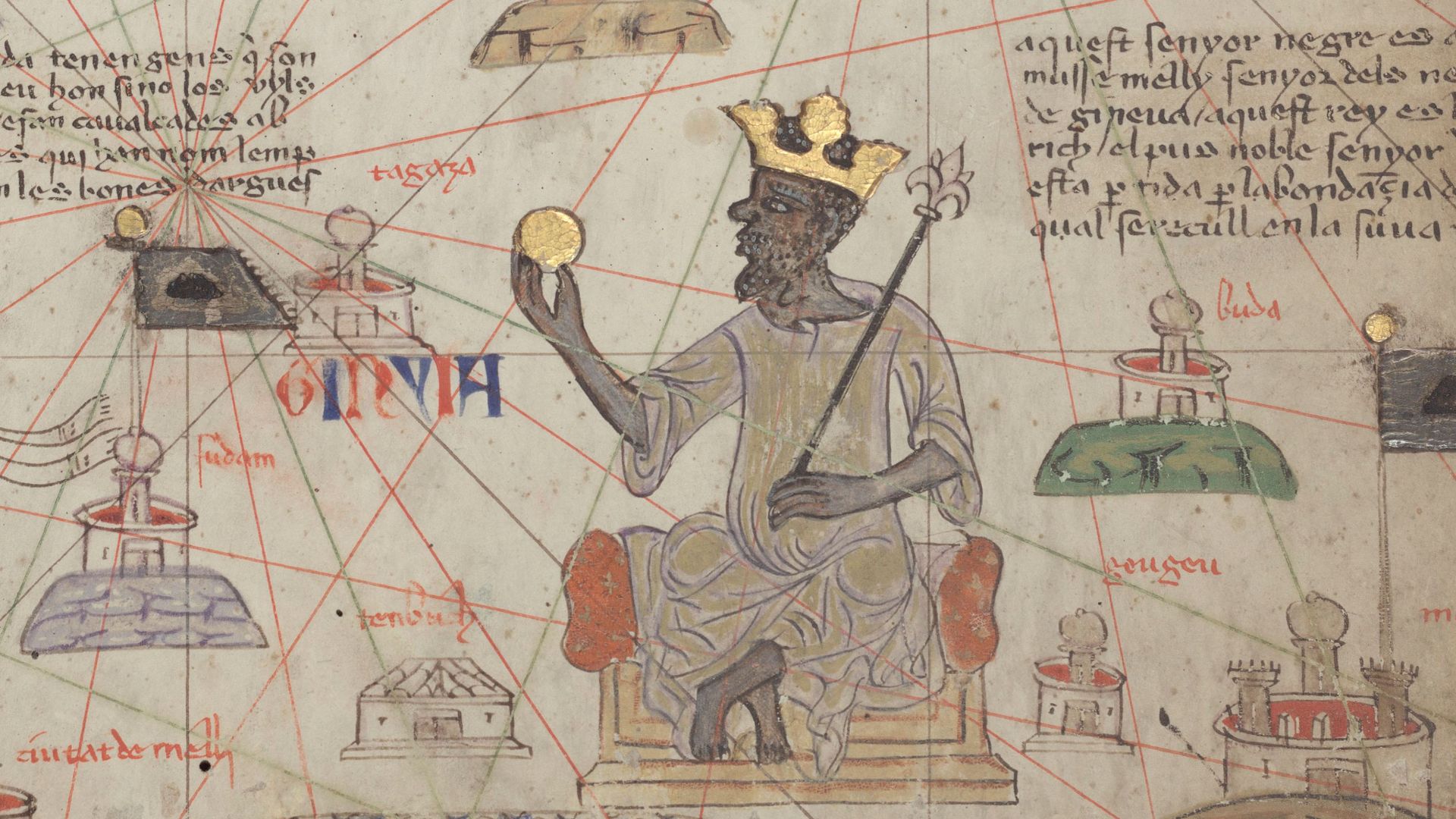 attributed to Abraham Cresques, Wikimedia Commons
attributed to Abraham Cresques, Wikimedia Commons
18. He Left His Son In Charge
Before setting off on his glittering trek to Mecca, Musa made a practical move: he left his son Muhammad in charge of Mali. But while the empire was in good hands, Musa’s attention was focused on showing the world what Malian gold could buy. Namely, everything.
 Basil D Soufi, Wikimedia Commons
Basil D Soufi, Wikimedia Commons
19. He Took The Long Road—Literally
Musa’s hajj was no ordinary religious journey. Between 1324 and 1325, he traveled over 2,700 miles across Africa’s deserts and cities. The scale of this journey—and what he brought with him—left observers in awe.
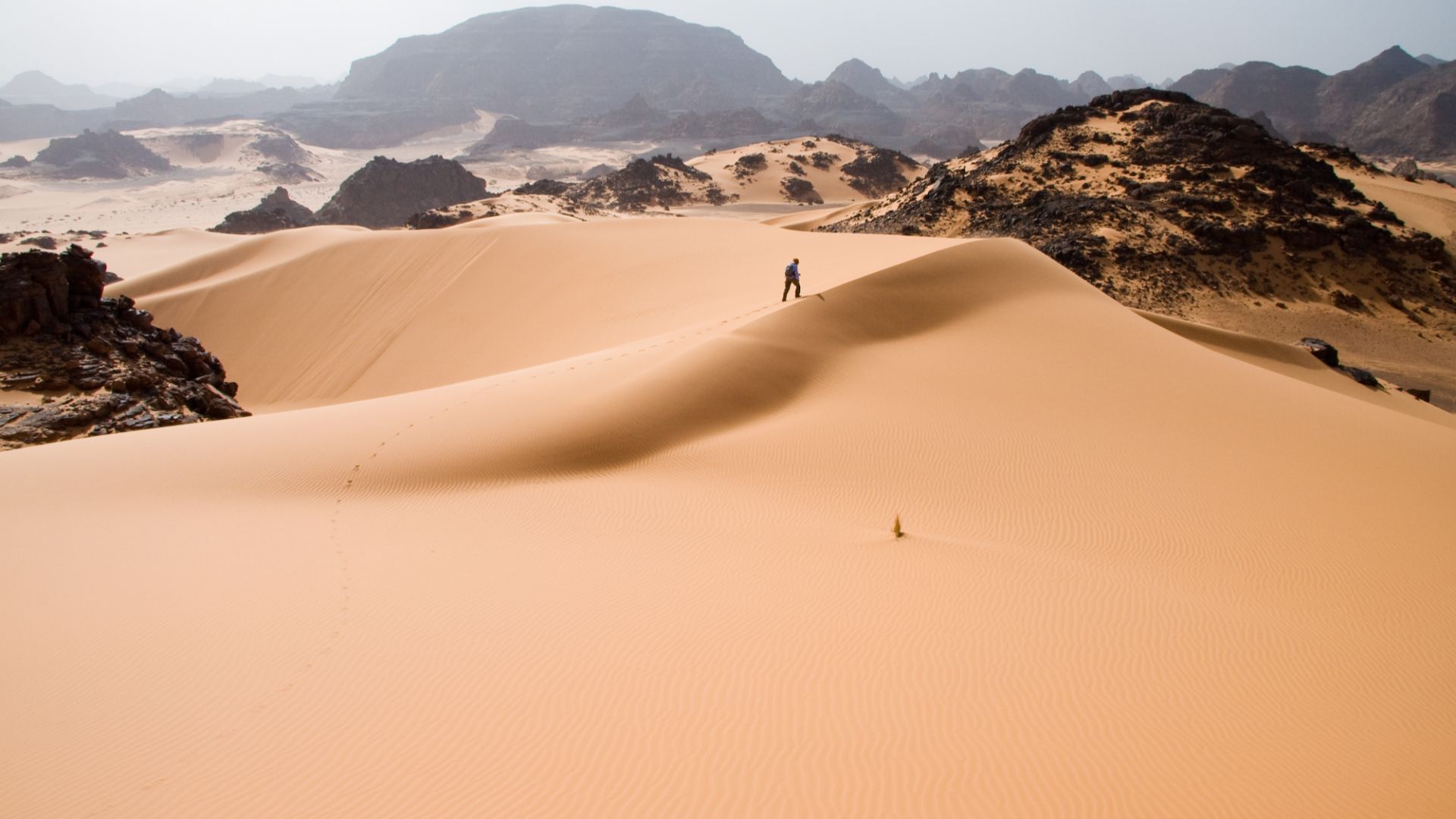 Luca Galuzzi (Lucag), Wikimedia Commons
Luca Galuzzi (Lucag), Wikimedia Commons
20. He Had An Entourage
Musa’s hajj looked more like a traveling empire than a group of wanderers. His caravan included more than 12,000 slaves dressed in “brocade and Yemeni silk”. Each one of them reportedly carried 4 pounds of solid gold bars. There were also “heralds dressed in silk” with “gold staffs”. And that wasn’t even half of it.
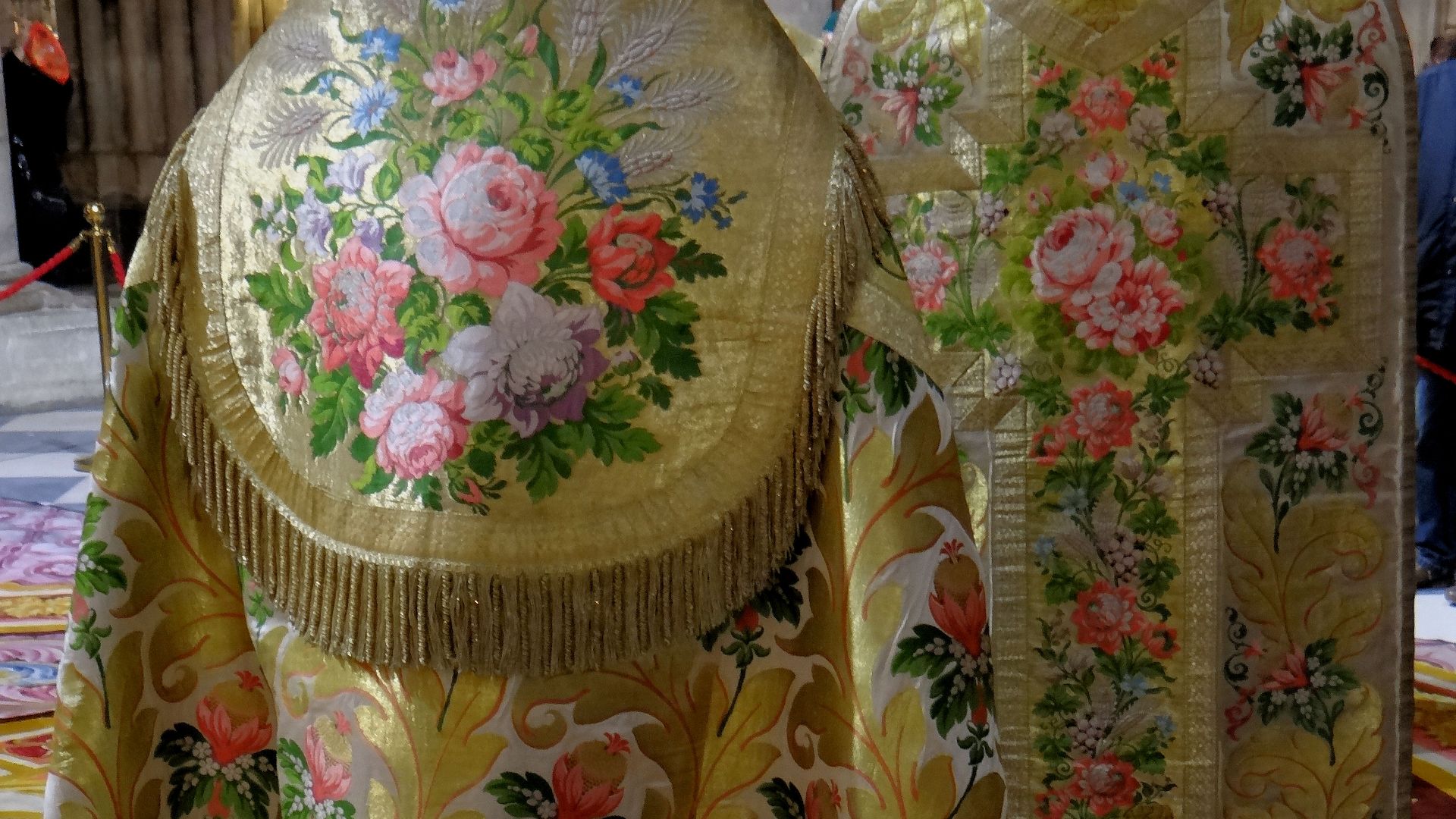
21. He Brought Billions
It’s a good thing Musa didn’t have to pay for overweight baggage; he was traveling with literal tons of gold. According to some estimates, he may have carried up to 18 tons of it during his journey to Mecca. In today’s money, that’s over $1.3 billion…just casually riding on camels across the desert.
 Sakdam, Getty Images
Sakdam, Getty Images
22. He Kept Everyone Fed
All of that gold wasn’t just so Musa could show off his fabulous wealth. It also showed off his generosity. Musa personally supplied food and provisions for his entire entourage, including men, slaves, and animals. Every meal was on Musa. But the weight was on the poor camels.
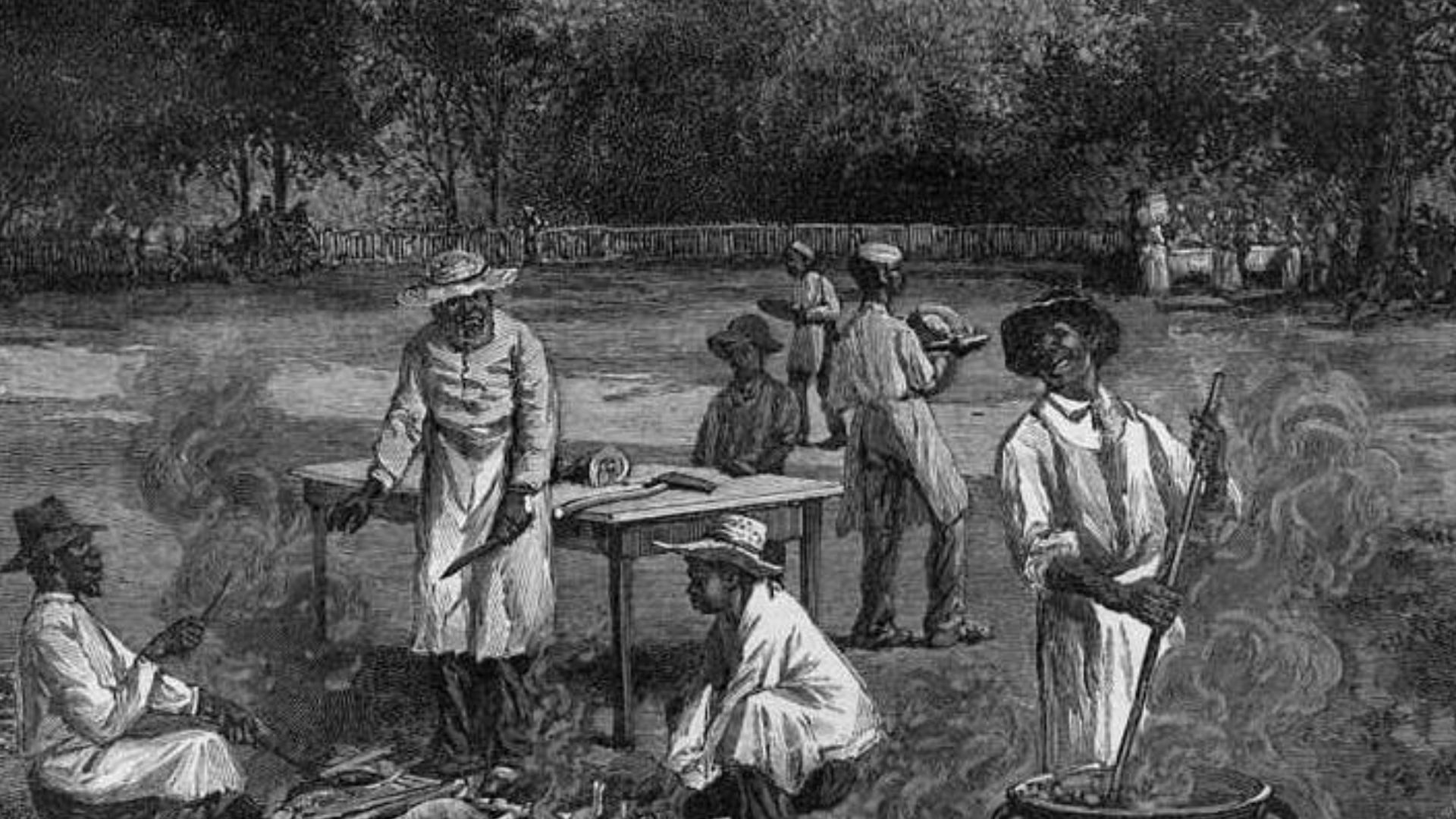 Horace Bradley, Wikimedia Commons
Horace Bradley, Wikimedia Commons
23. His Camels Carried Fortunes
Musa’s caravan included at least 80 camels—and they were carrying a lot more than just water. Each camel was reportedly loaded with between 50 to 300 pounds of gold dust. That’s the kind of “carry-on” airlines would never allow today.
 Ilbusca, Getty Images
Ilbusca, Getty Images
24. He Gave Gold Away Like Bread
Wherever Musa’s caravan passed, gold flowed like water down the Nile. All along his hajj, he gave gold and other riches to the poor with legendary generosity. Turns out, you can buy a lot of goodwill with more than a billion dollars in gold.
 Thicha studio, Getty Images
Thicha studio, Getty Images
25. He Bought Souvenirs
Most tourists are happy to walk away from their journeys with a souvenir shot glass. Of course, not Musa. In cities like Cairo and Medina, he splurged lavishly on souvenir shopping, picking up everything he could get his hands on. His extravagant spending sprees would come back to haunt him—and entire economies.
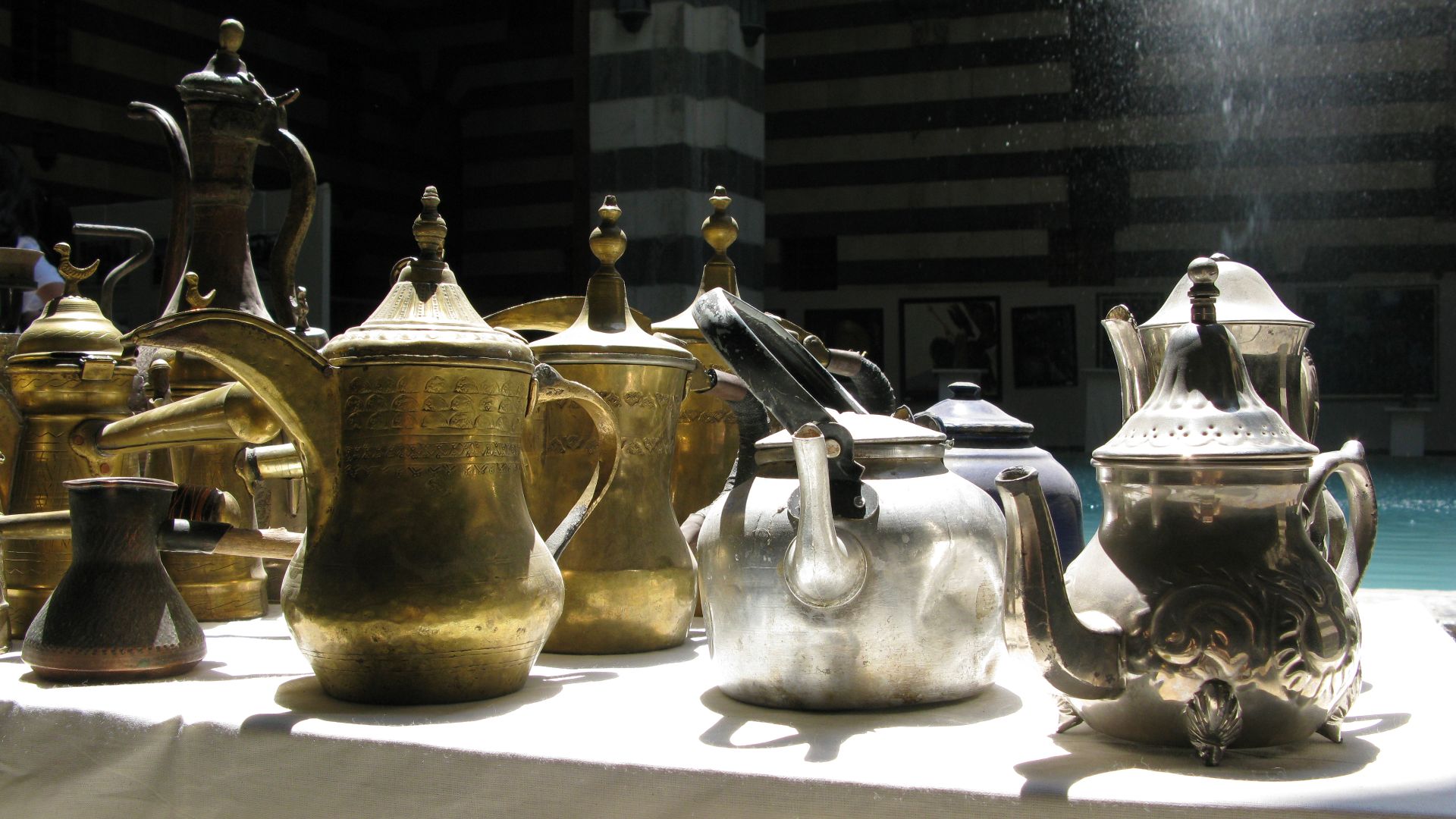 Vyacheslav Argenberg, Wikimedia Commons
Vyacheslav Argenberg, Wikimedia Commons
26. He Built Mosques Nonstop
When he wasn’t busy giving away gold or spending it on trinkets, Musa was honoring the gods. According to legend, he built a mosque every single Friday during his journey. Whether true or exaggerated, it illustrates just how deeply he wanted to fuse faith with fortune.
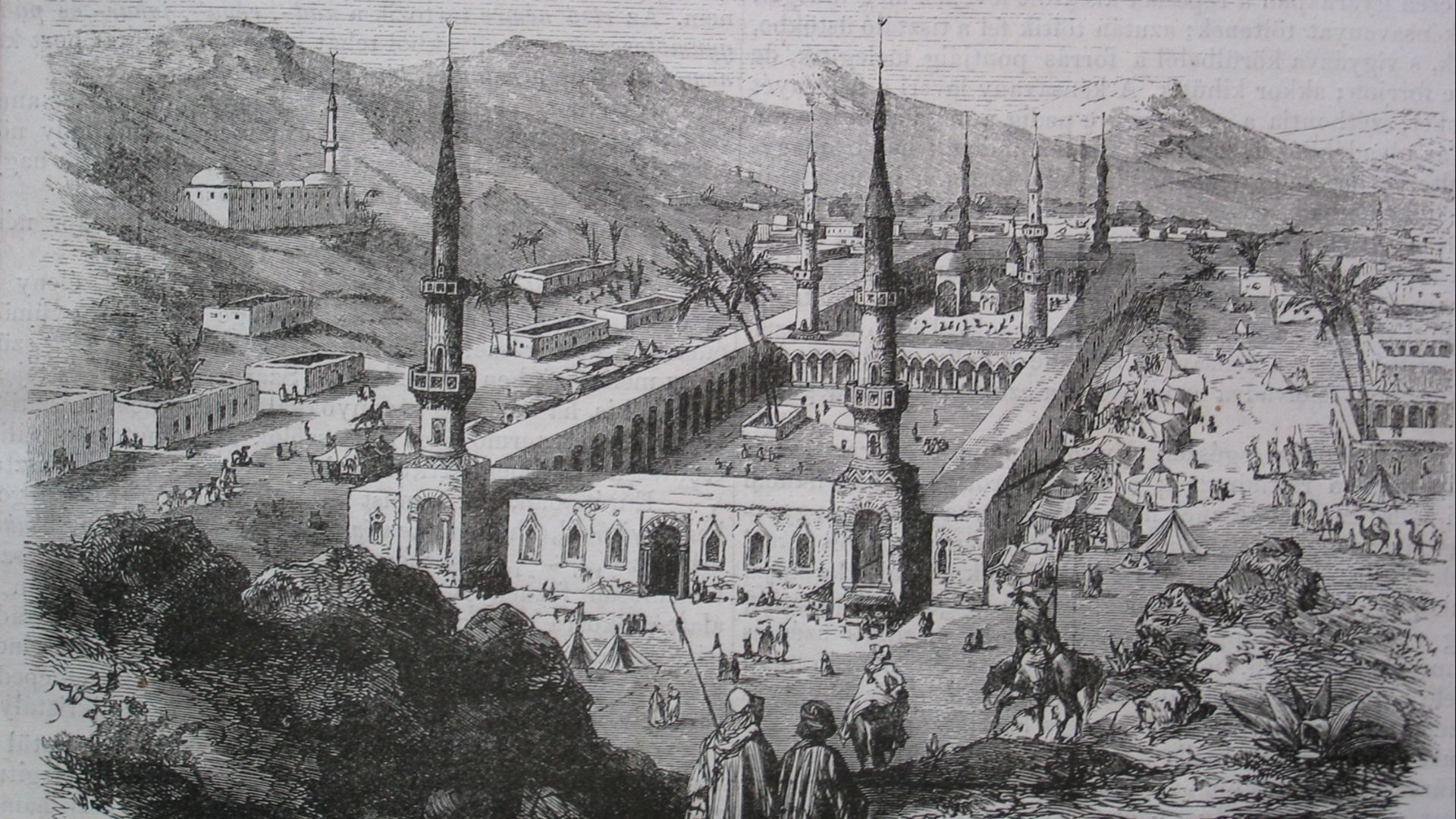
27. He Slept Next To The Pyramids
Musa’s hajj would have been Instagram-worthy and Pinterest-perfect…if they had smartphones in the 14th century. When Musa’s caravan reached Cairo in July of 1324, they camped for three full days beside the Pyramids of Giza. Then, on July 19, they crossed the Nile—and Cairo would never forget it.
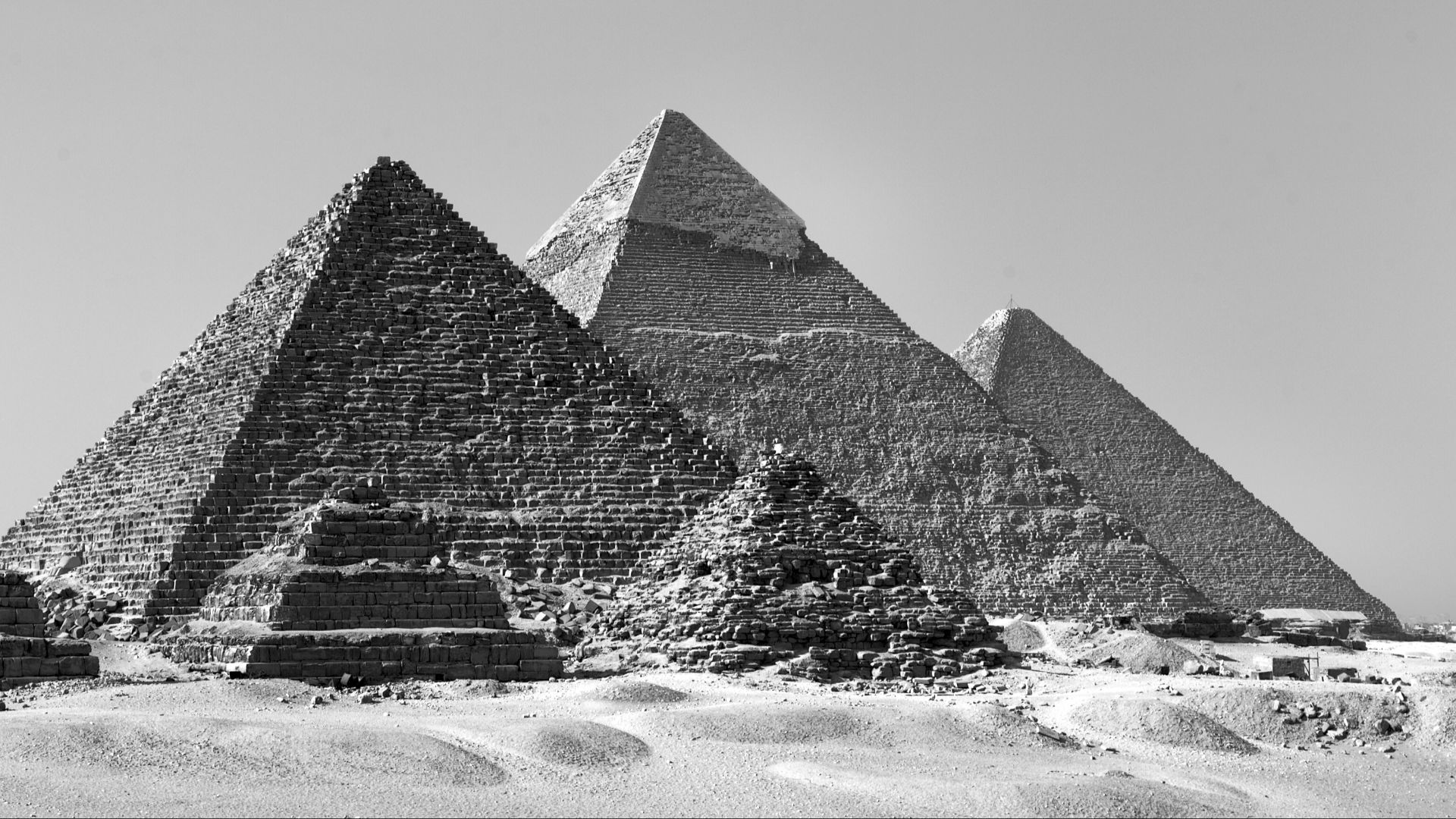 liber, Wikimedia Commons
liber, Wikimedia Commons
28. He Refused To Bow
Once inside the city, Musa behaved like something of a “touron”. He met Mamluk sultan al-Nasir Muhammad, the Sultan expected him to bow. However, Musa, proud and devout, initially refused. After all, why should he bow to someone whose kingdom he could conquer a hundred times over?
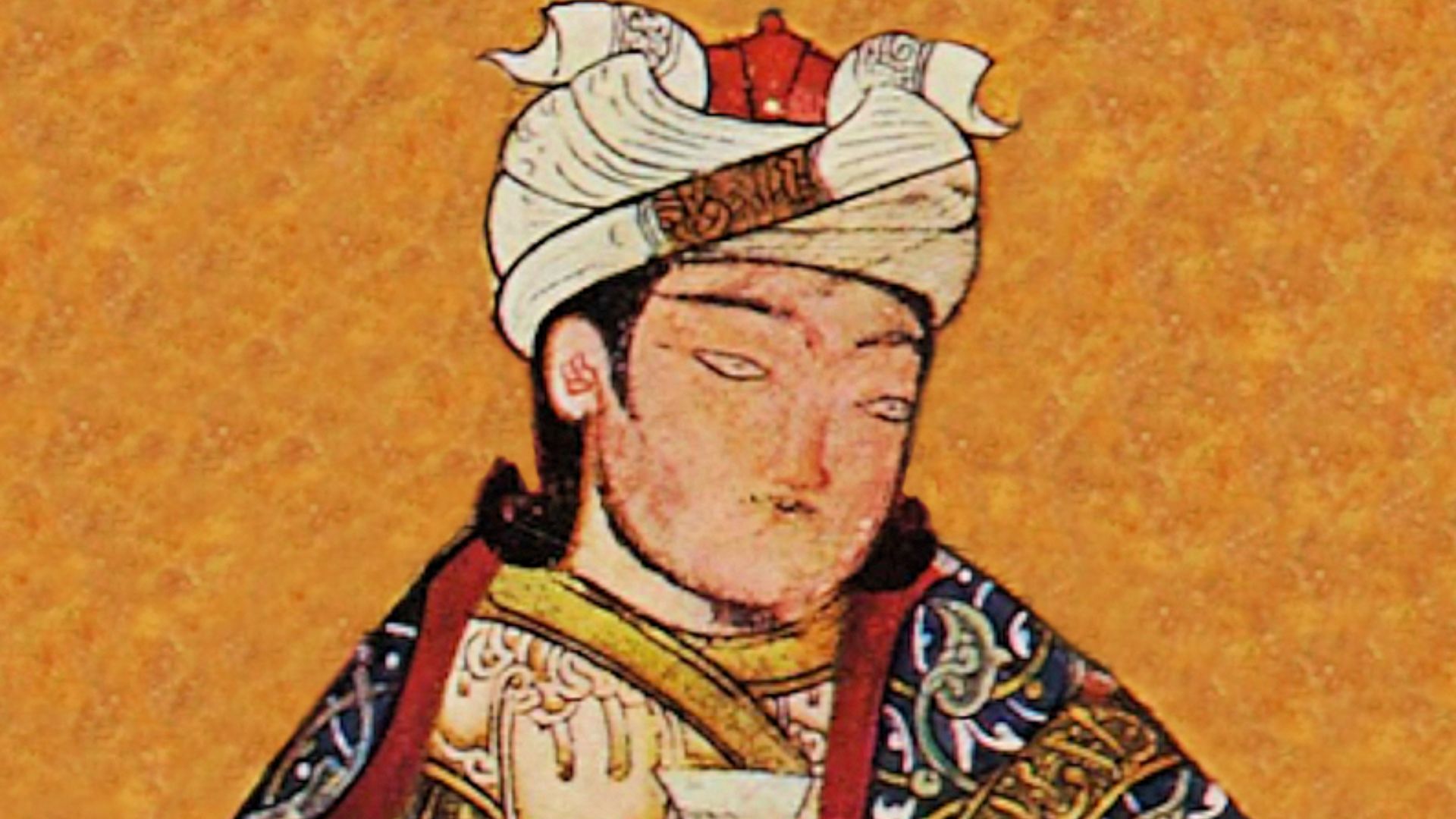
29. He Bowed Before God Alone
Eventually, Musa realized that he was disrespecting his host and changed his tack. After some tense moments, Musa bowed before the Sultan. But he wanted to be clear about one thing: he was actually bowing before God, and God alone. That seemed to smooth things over—for the time being.
 Malik Nalik, Getty Images
Malik Nalik, Getty Images
30. He Made Friends In High Places
Despite the awkward start, Musa and al-Nasir got along surprisingly well. They exchanged lavish gifts and Musa spent freely during his time in the Egyptian capital. His generosity wasn’t just charity—it was diplomacy, public relations, and spectacle all at once.
And it paid off.
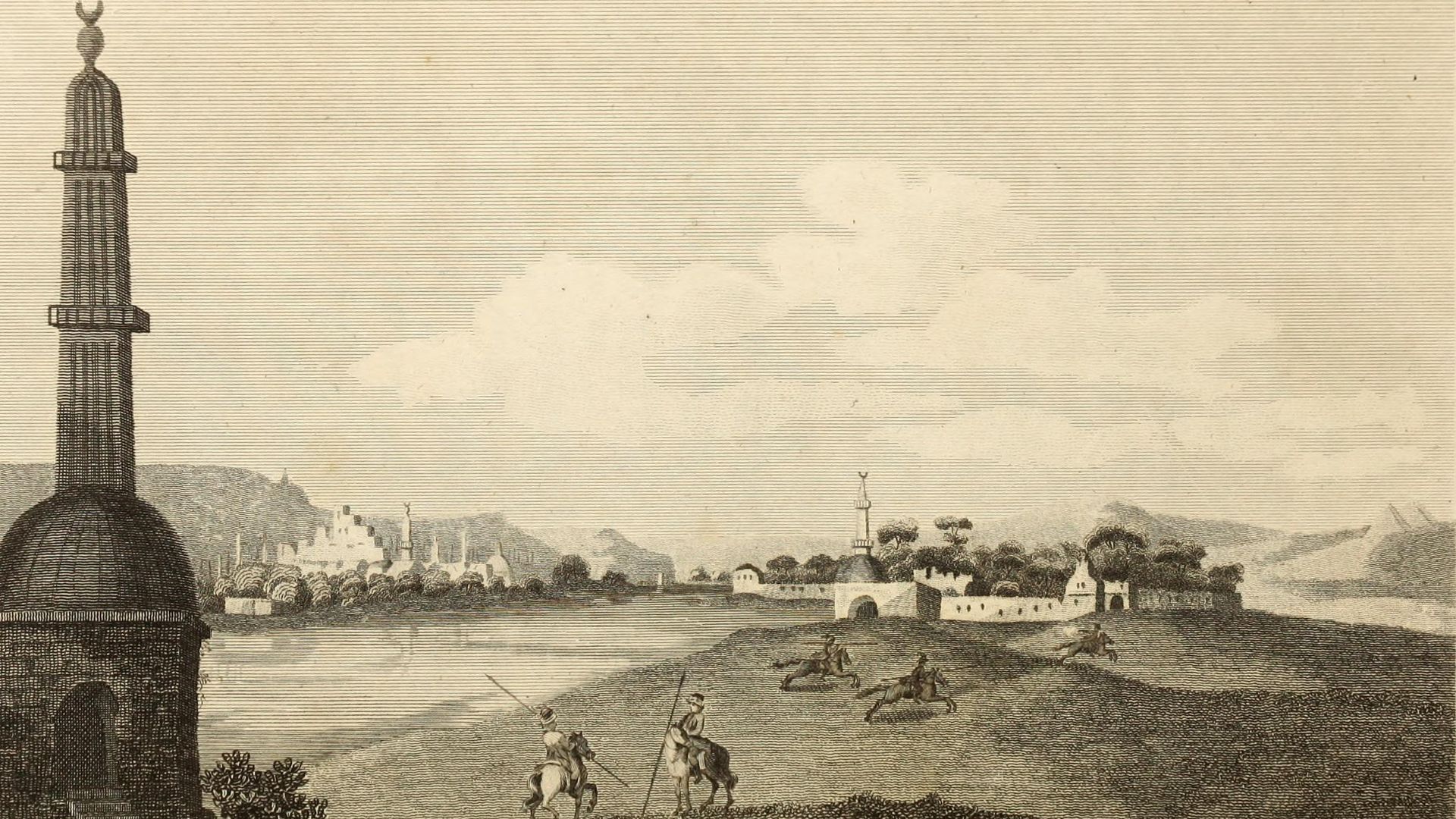 Internet Archive Book Images, Wikimedia Commons
Internet Archive Book Images, Wikimedia Commons
31. He Crashed With Cairo’s Governor
While in Cairo, Musa hobnobbed with the city’s elites. He stayed in the Qarafa district and struck up a friendship with the local governor, ibn Amir Hajib. The two reportedly spent hours in deep conversation, with Musa regaling the governor about his homeland beyond the desert and how laden with riches it was.
His time in Cairo became the stuff of myth.
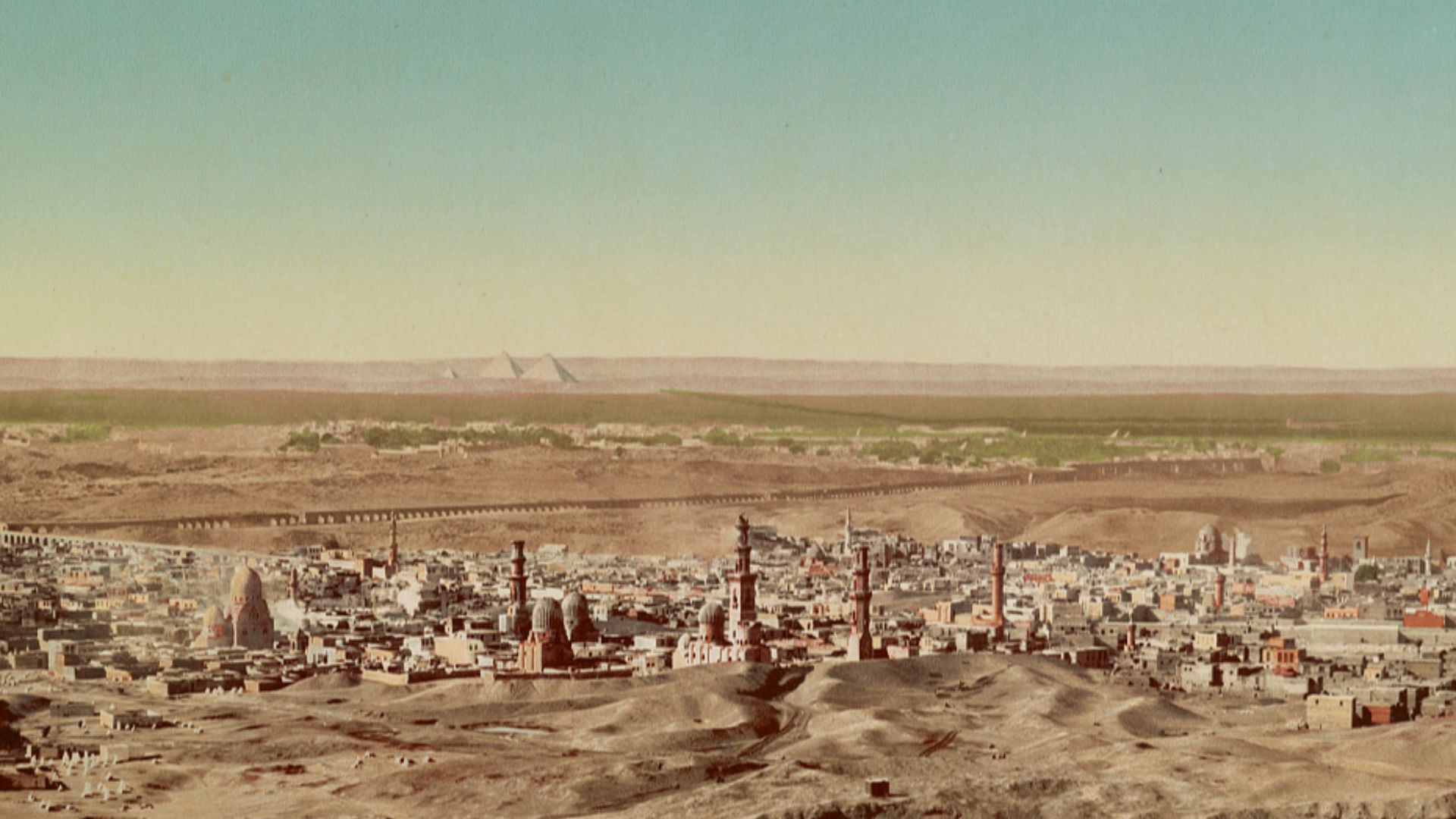 Photoglob Co., publisher, Wikimedia Commons
Photoglob Co., publisher, Wikimedia Commons
32. He Gave Cairo Quite A Show
Musa left quite the impression on Cairo. According to a traveler who arrived in the city shortly after Musa's departure, the Mansa’s hajj had been “a lavish display of power, wealth, and unprecedented by its size and pageantry”. However, he didn’t exactly leave Cairo better off than when he arrived.
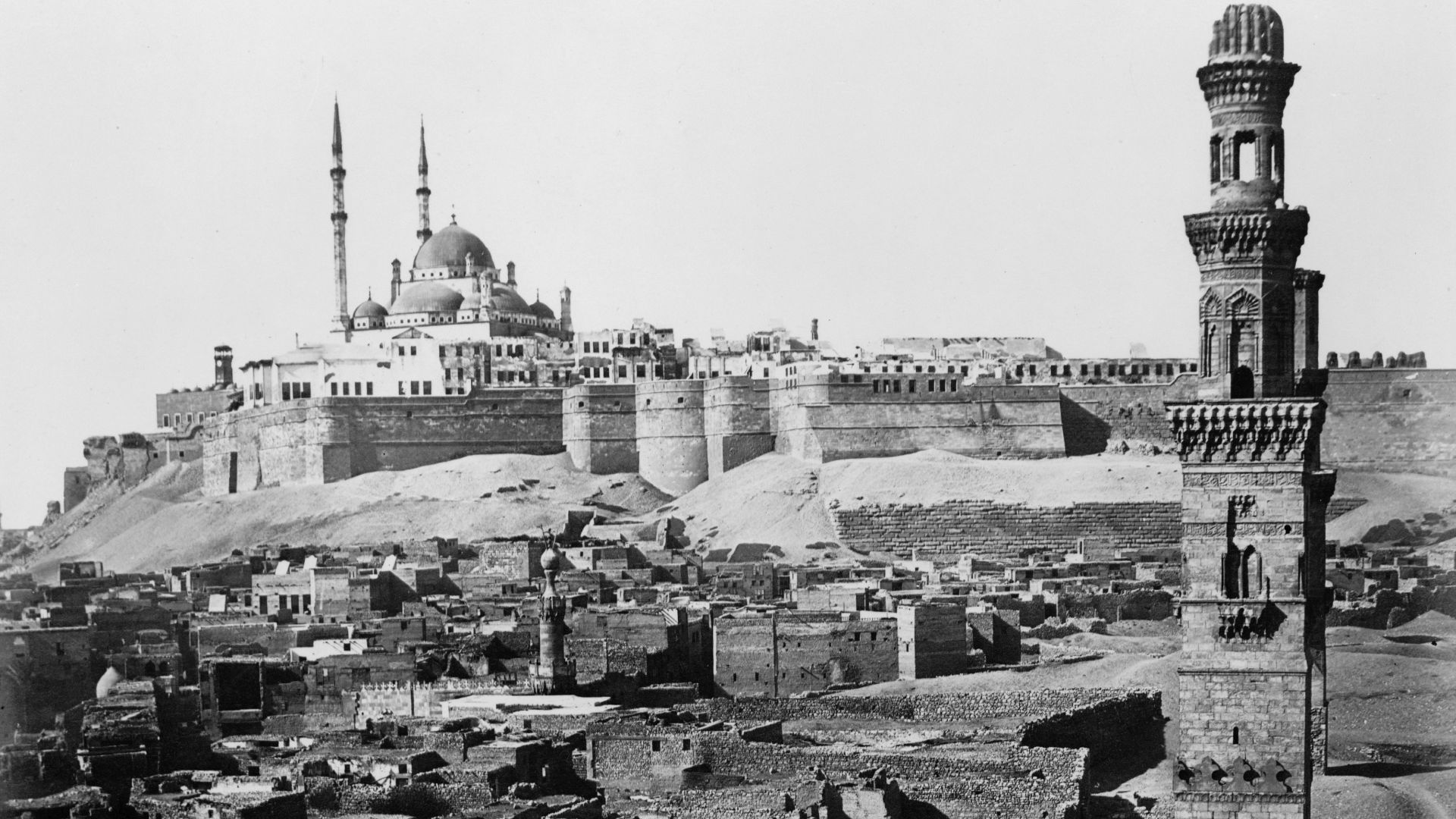 Antonio Beato, Wikimedia Commons
Antonio Beato, Wikimedia Commons
33. He Shopped Until The Gold Dropped
Musa’s generosity and extravagant spending sprees in Egypt were so extreme, they reportedly tanked the local economy. One source claims that Musa dropped so much cash in Cairo that the value of gold in the city cratered for over a decade. There was, however, another explanation for the inflation.
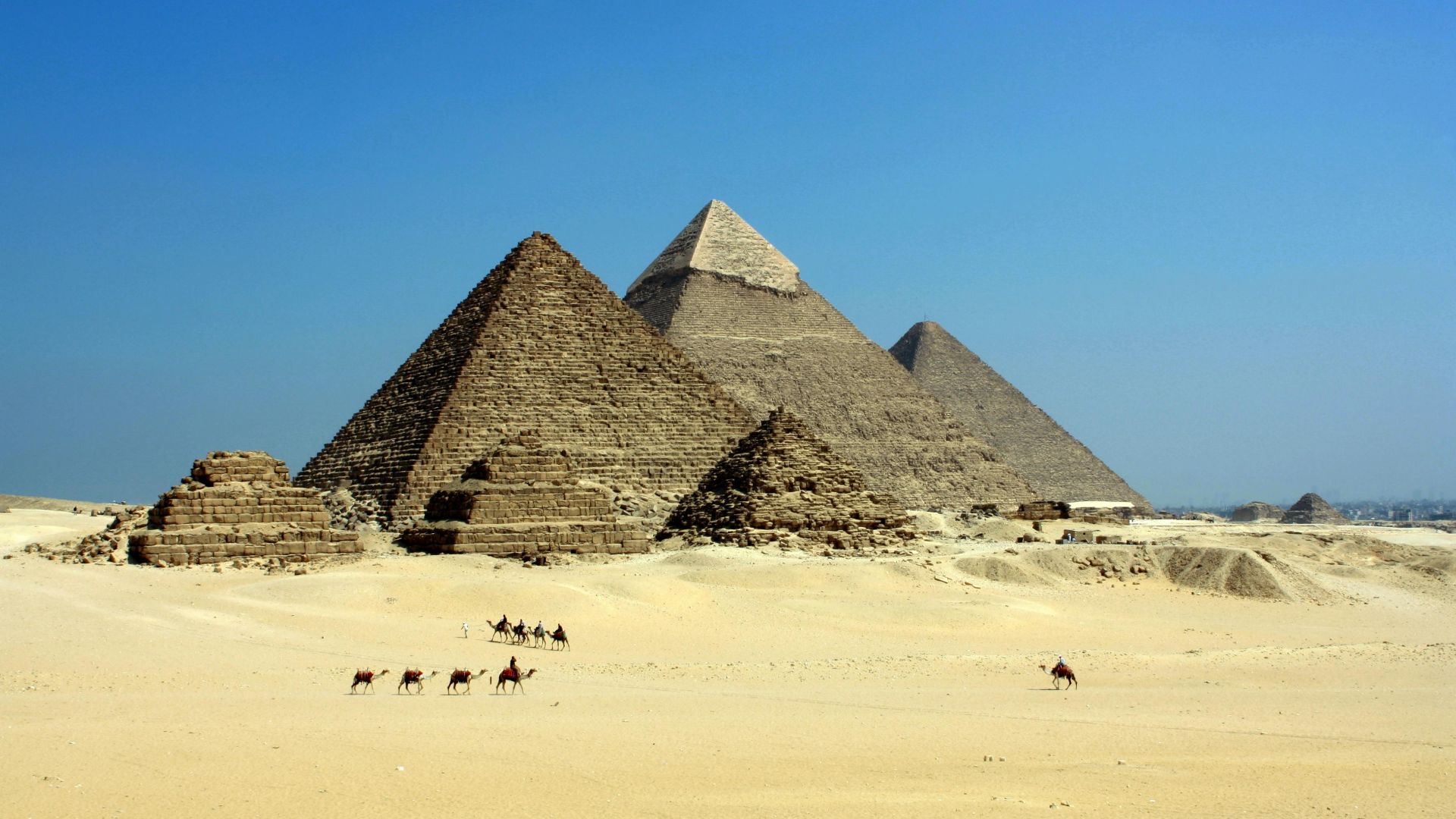 David McEachan, Pexels
David McEachan, Pexels
34. He Wasn’t To Blame
While many accounts say Musa’s giving spree “wrecked” the Egyptian economy, modern historians like Warren Schultz aren’t so sure. According to him, the shift in gold’s value wasn’t that unusual for the time or region of the world. Regardless, Musa left a yellow brick road on his journey to Mecca. And by yellow bricks, we mean gold bars.
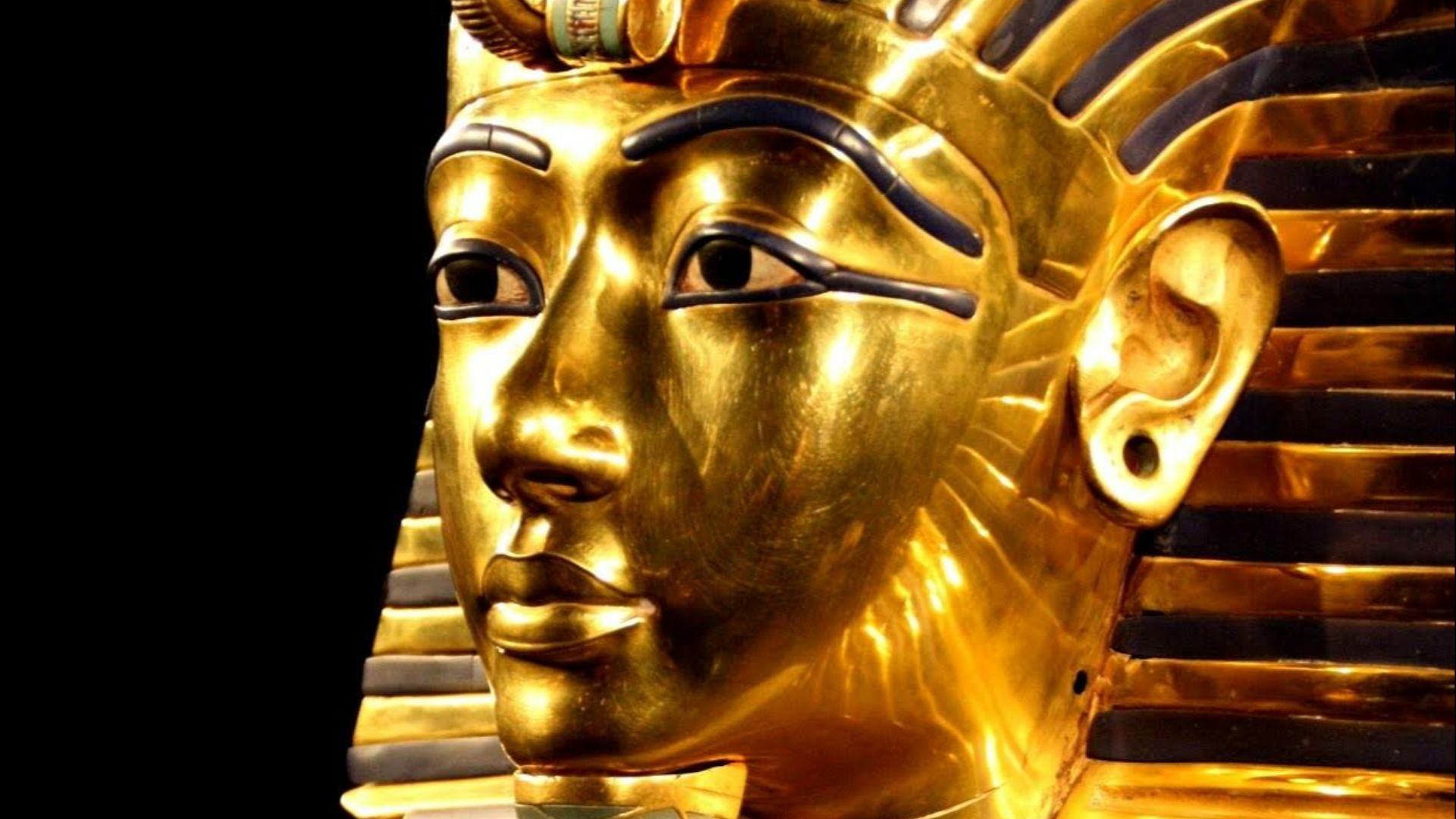 Pixabay, Pexels
Pixabay, Pexels
35. He Kept On Giving
Even after leaving Cairo, Musa didn’t put his wallet away. In the final leg of his journey, on his way to Mecca, he continued his philanthropic spree, giving generously to the people of Medina and his fellow pilgrims. Whether it was PR or piety, Musa knew how to leave a lasting impression.
He believed there was enough wealth to go around.
 Bluemangoa2z, Wikimedia Commons
Bluemangoa2z, Wikimedia Commons
36. He Averted A Holy Brawl
While visiting the holiest site in Islam—the Masjid al-Haram in Mecca—Musa’s caravan nearly caused a holy fight to break out. Tensions flared between his men and a group of Turkic pilgrims with both sides drawing their swords. Luckily, Musa stepped in and diffused the conflict before it turned bloody.
But he wasn't out of danger yet.
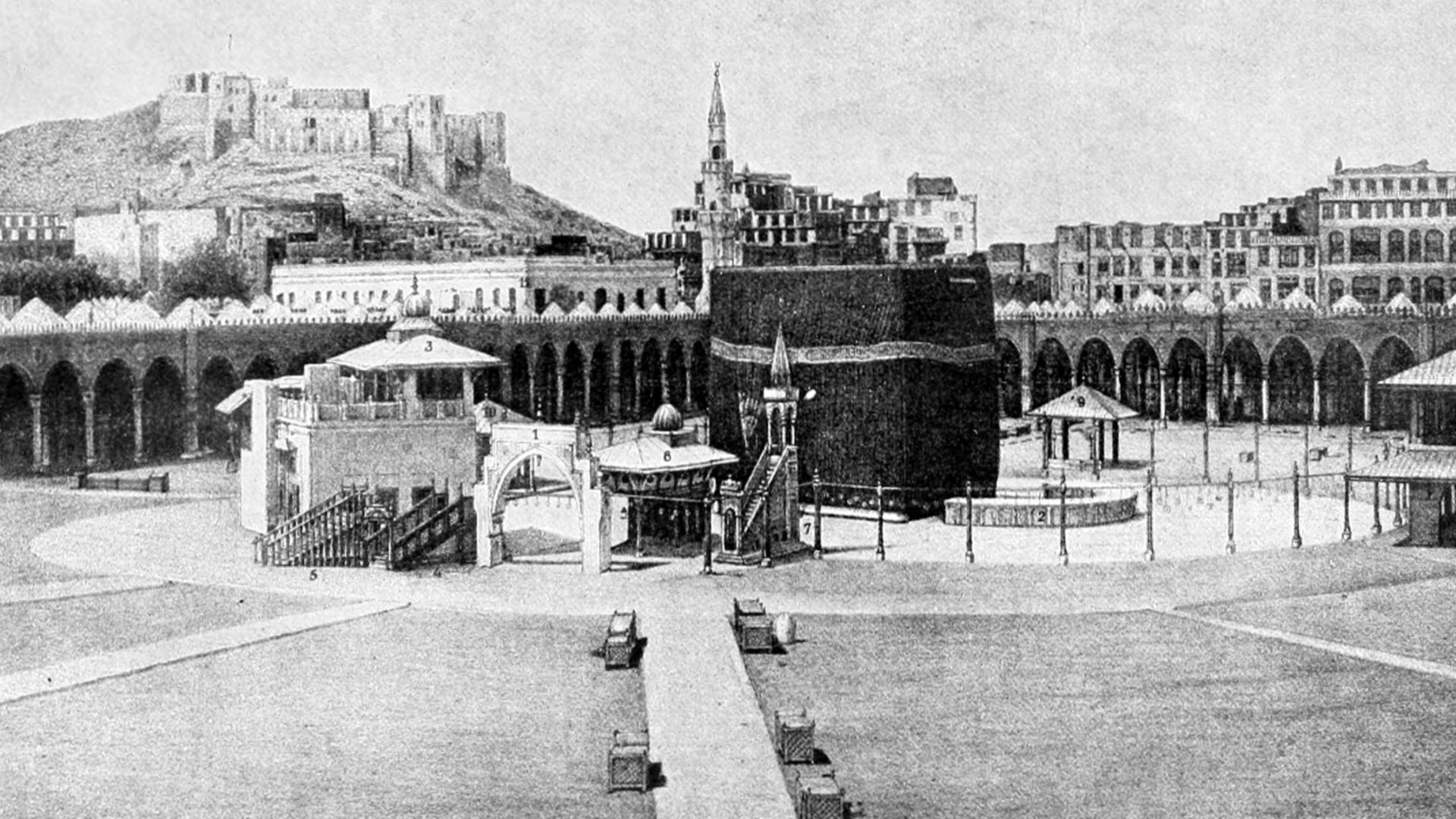 Unknown photographer, Wikimedia Commons
Unknown photographer, Wikimedia Commons
37. He Took The Scenic (And Tragic) Route Back
After the hajj ended, Musa lingered in Mecca longer than most others. But when he finally began the journey home, disaster struck. Traveling separately from the official caravan, Musa and his entourage faced a gauntlet of hardships that nearly destroyed them.
Gold couldn't protect him from everything.
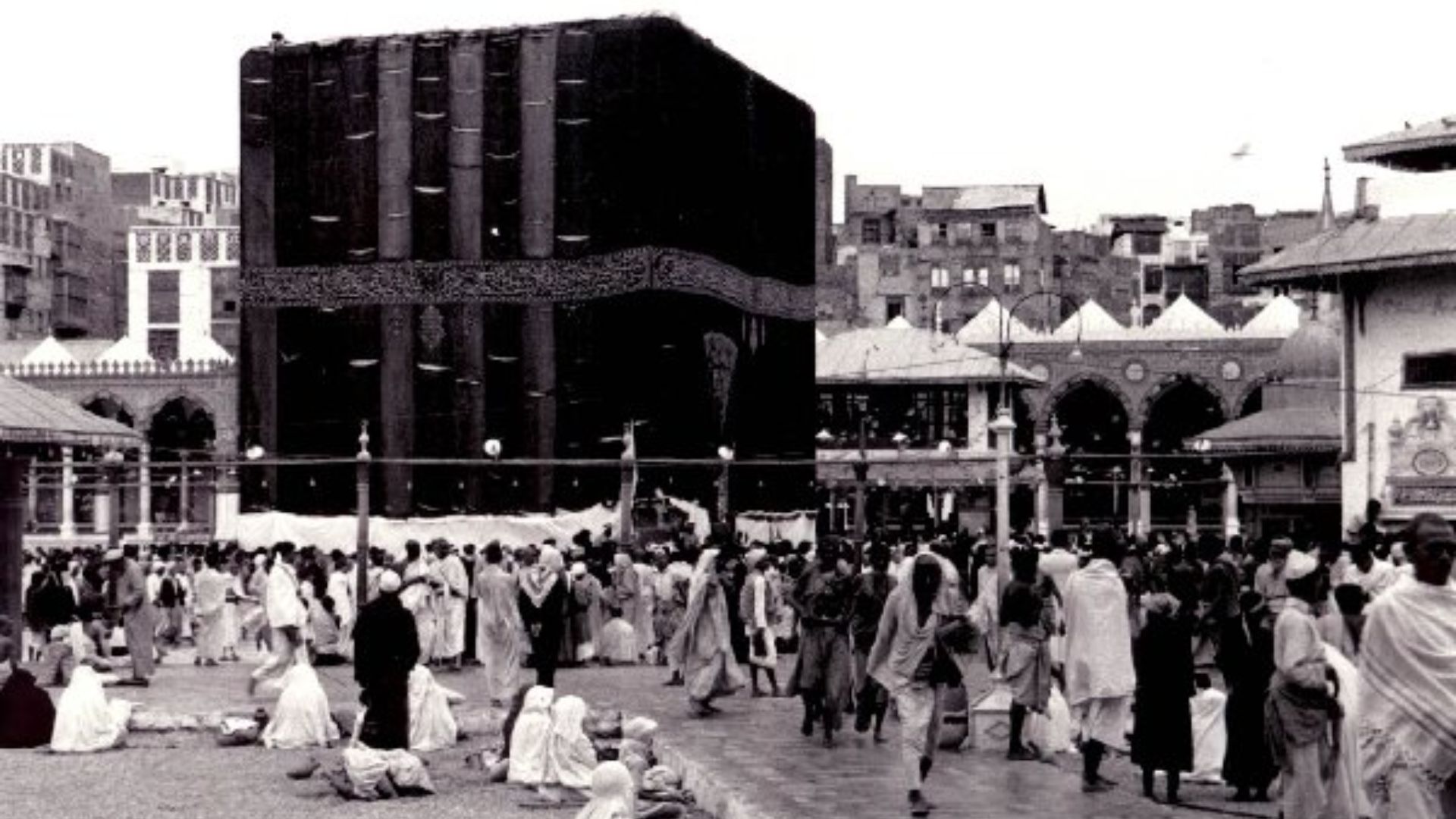 Aziz1005, Wikimedia Commons
Aziz1005, Wikimedia Commons
38. He Lost More Than Just His Men
By the time the weary travelers reached Suez, many of Musa’s men had succumbed to colds, starvation, or bandit raids. The once-glorious caravan was now a shadow of its former self. The worst part, however, was that Musa had, at last, run out of gold.
 Esaias van de Velde, Wikimedia Commons
Esaias van de Velde, Wikimedia Commons
39. He Had To Borrow Money—Seriously
Inexplicably, the richest man in history ran out of money. Broke and battered from travel, Musa had to borrow gold from lenders at exorbitant rates and resell trinkets he’d picked up earlier on his trip just to stay afloat. Merchants like Siraj al-Din bailed him out—but even the Sultan of Egypt had to step in with some gilded charity of his own.
 nisara Tangtrakul, Getty Images
nisara Tangtrakul, Getty Images
40. He Might Have Left Some Debts Behind
Unlike the Lannisters from Game of Thrones, Musa may not always have paid back his debts. Some sources say that Musa refused to pay back his creditors once he returned home. Other historians claim that he paid them back…but only partially. Either way, his grand return home came not with a roar, but with a painful lesson: even billionaires can go broke.
Musa, however, still had money to burn.
 MANSA Teaser Trailer - Mansa Musa Richest human to have ever lived, Codeblack Movies
MANSA Teaser Trailer - Mansa Musa Richest human to have ever lived, Codeblack Movies
41. He Sparked A Building Boom
Back home (and reunited with the rest of his inexhaustible fortune), Musa channeled his wealth into construction. He funded countless mosques and madrasas across Mali, including the iconic Sankore Madrasah in Timbuktu. But these buildings were more than an extravagant display of wealth—they reshaped the region.
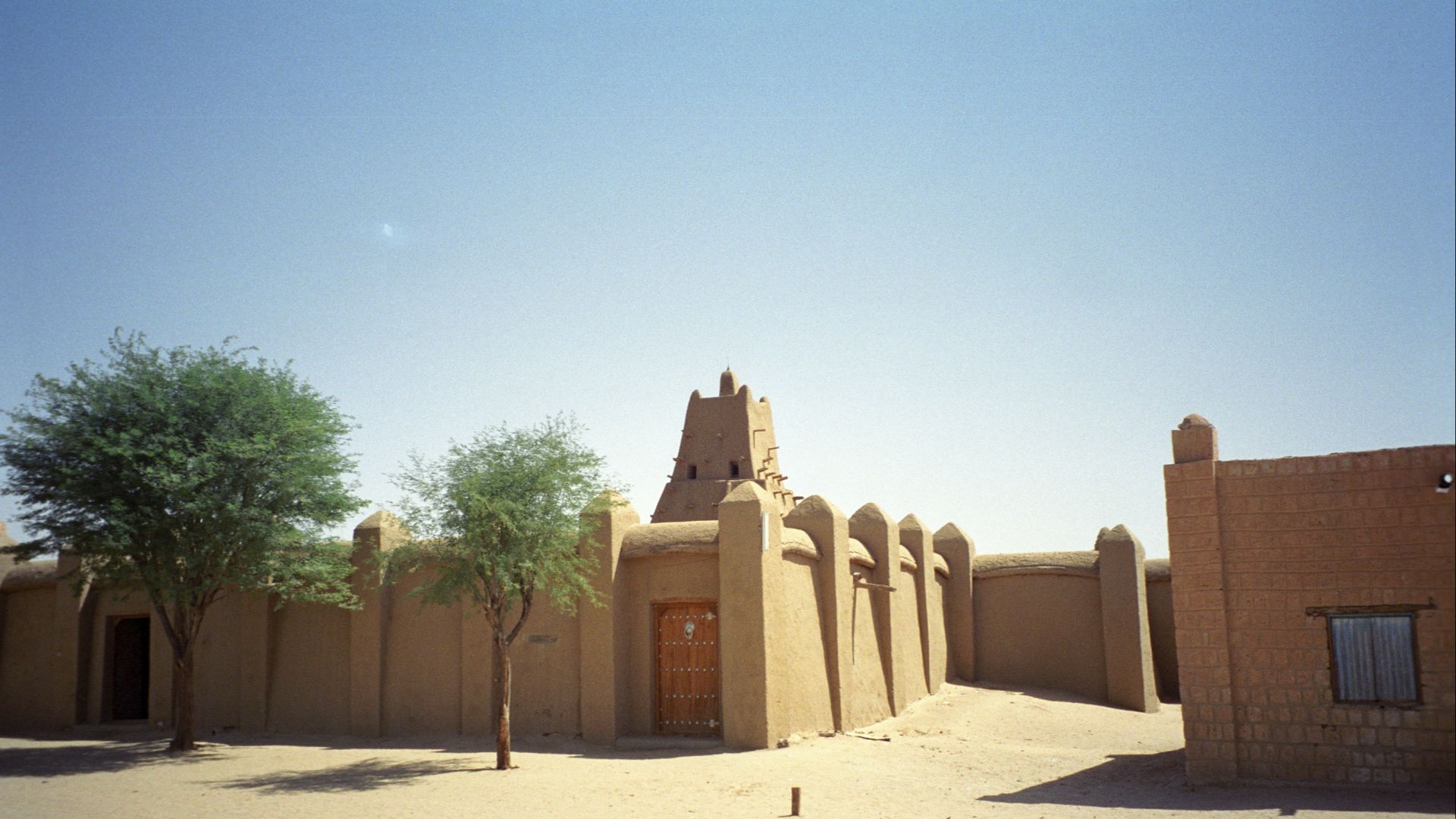 upyernoz from Haverford, USA, Wikimedia Commons
upyernoz from Haverford, USA, Wikimedia Commons
42. He Made It Rain In The Desert
During Musa’s reign, he made it rain in Mali. Thanks to his investments, urban life flourished across the Mali Empire. According to scholar Sergio Domian, the region transformed from a desert (albeit a rich one) into a vibrant civilization with at least 400 cities dotting the Niger Delta alone. Gold paved the streets—and the foundations.
 Jeff Schmaltz, MODIS Land Rapid Response Team, NASA GSFC, Wikimedia Commons
Jeff Schmaltz, MODIS Land Rapid Response Team, NASA GSFC, Wikimedia Commons
43. He Was A Gold Cropper
Throughout his hajj, Musa hadn’t just shown off his wealth—he had mythologized it. He reportedly spread tales that gold grew like plants in Mali. The rumor made his empire sound like a fairy tale, and ensured that his fame spread far beyond the Sahara to attract merchants from all over the world. All so that he could make more money!
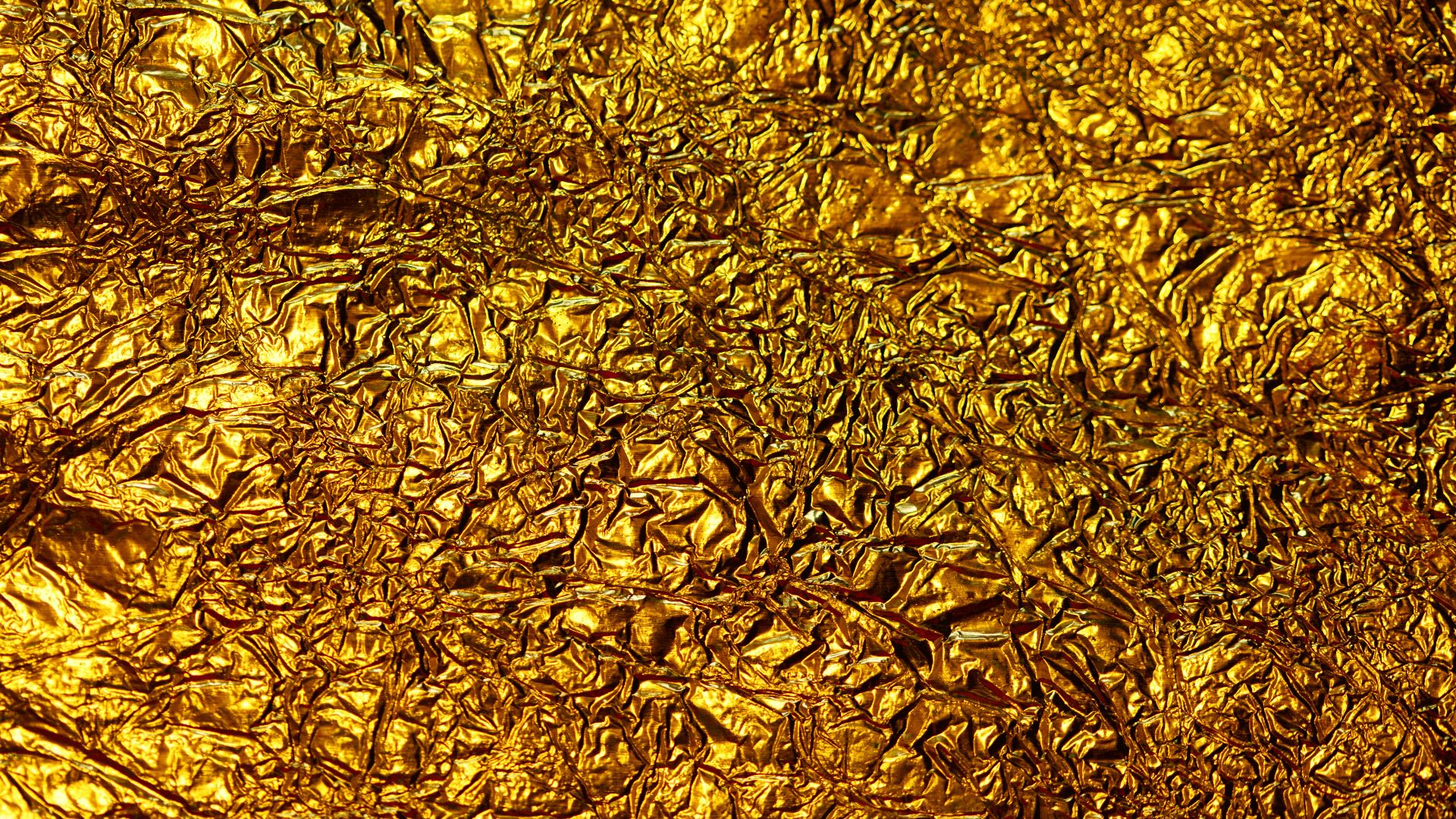 Alexander Grey, Unsplash
Alexander Grey, Unsplash
44. He Taxed Everything
Musa’s inestimable fortune came, in large part, from taxing the lifeblood of West African trade. Throughout his reign, Mali controlled much of the known world’s gold, salt, and copper production and trade. Musa taxed every nugget and ingot, building a fortune one ounce of gold at a time. But it did take some time.
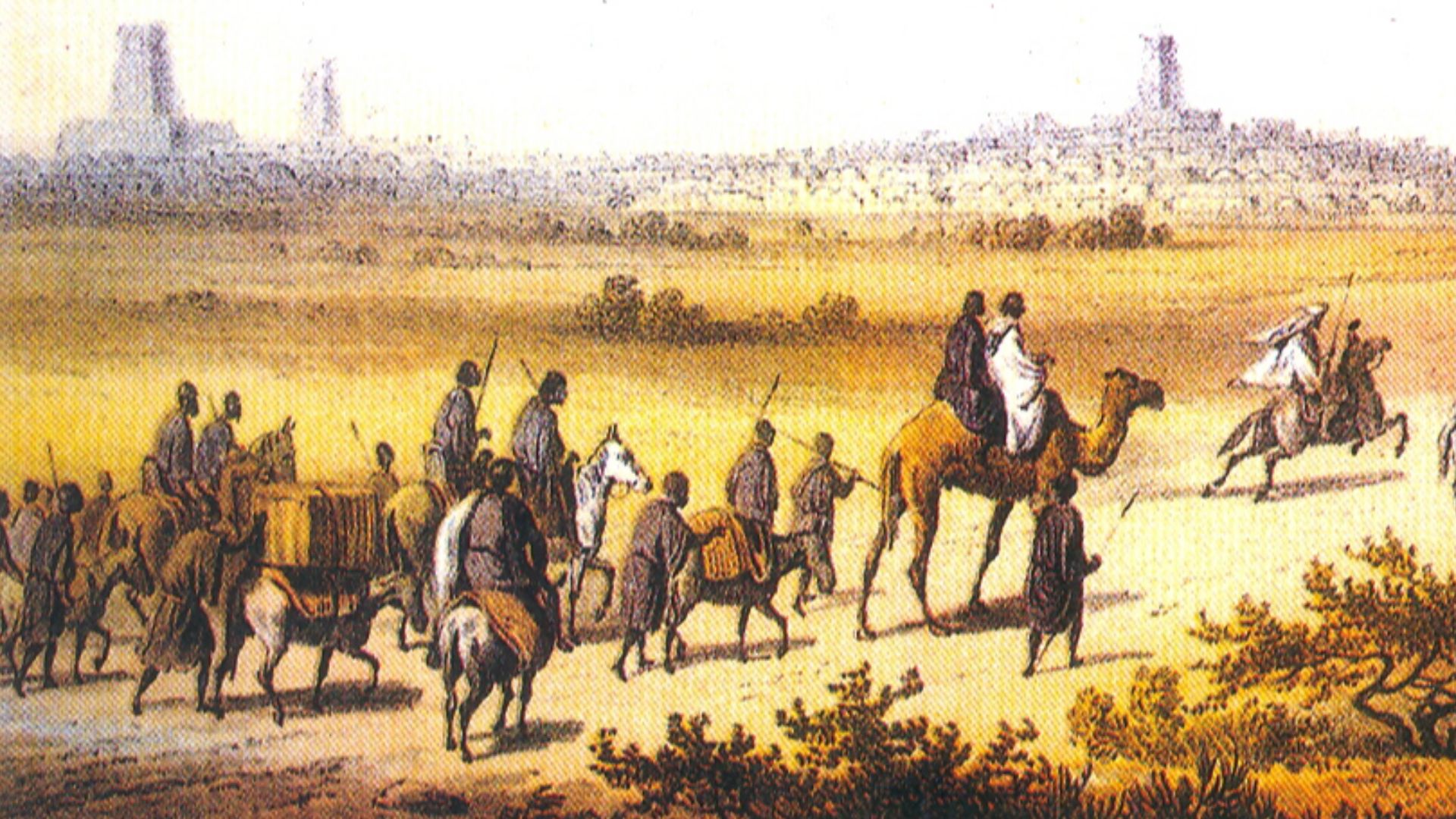 File Upload Bot (Magnus Manske), Wikimedia Commons
File Upload Bot (Magnus Manske), Wikimedia Commons
45. He Spent Years’ Worth Of Savings
While it’s hard to get an exact idea of how quickly Musa had built up his fortune, there is some evidence that it didn’t happen overnight. During his hajj, Musa reportedly spent years’ worth of his fortune, suggesting that the richest man alive had been dipping into his savings more deeply than anyone knew.
Still, he had more than enough money for a lifetime—or several.
 Jaanalisette, Getty Images
Jaanalisette, Getty Images
46. His Reign Ended…Sometime
Just like his bank balance, no one knows exactly when Mansa Musa met his end. Using calculations based on Ibn Khaldun’s chronology, historians suggest he passed in 1332. But like much about his life, the exact timing is veiled in the sands of history and obscured by the blinding glare of gold in the Mali sunlight.
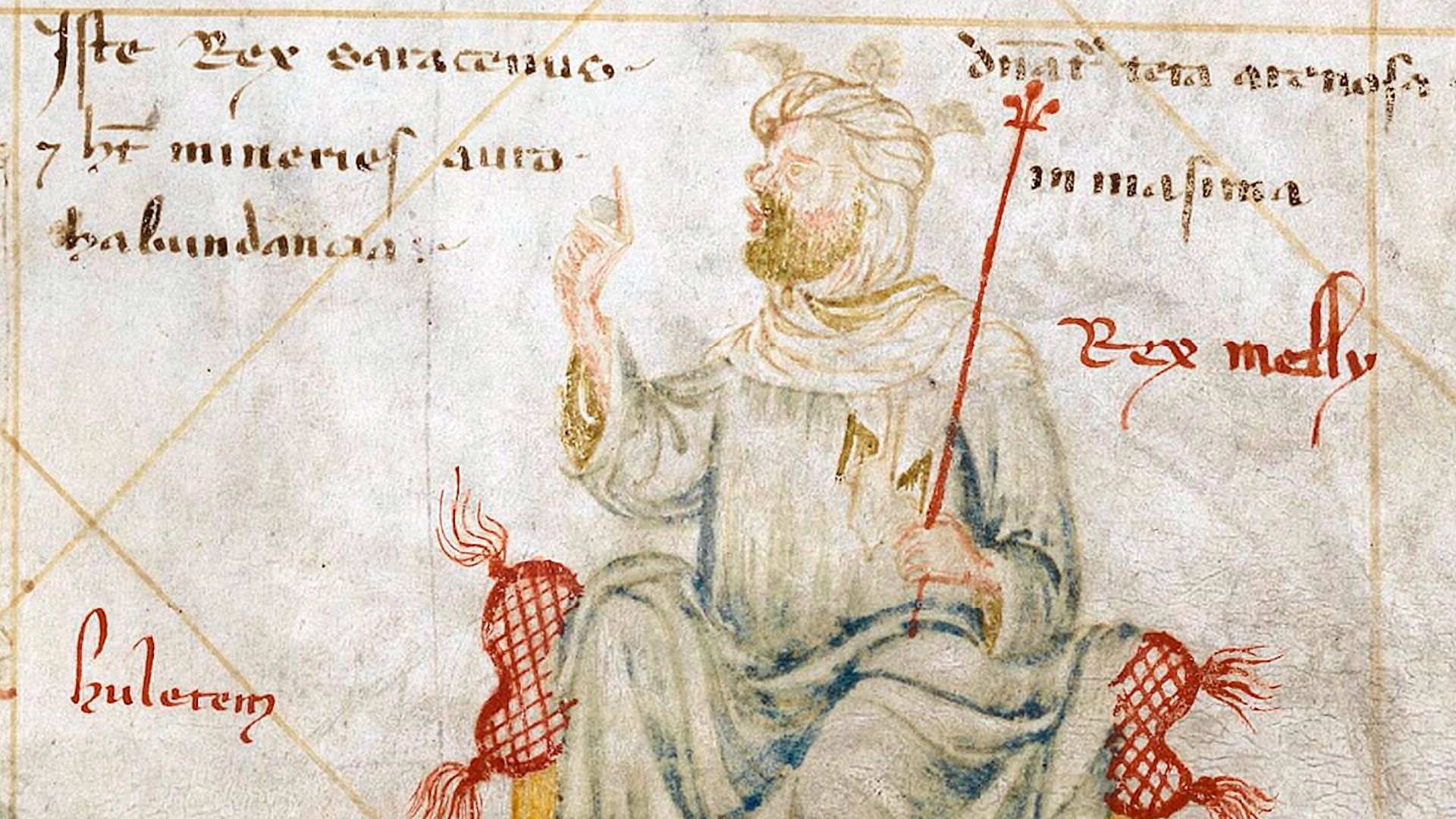 Angelino Dulcert, Wikimedia Commons
Angelino Dulcert, Wikimedia Commons
47. His Brother Took Over
A conflicting account places Musa alive in 1337, when he reportedly sent congratulations to Abu al-Hasan Ali for a great battle victory. By the time the response came, most historians agree, Musa had passed on, and his brother, Sulayman, had taken the throne. And, presumably, his diminished fortune.
Still, there is another theory.
 MANSA Teaser Trailer - Mansa Musa Richest human to have ever lived, Codeblack Movies
MANSA Teaser Trailer - Mansa Musa Richest human to have ever lived, Codeblack Movies
48. He Was Going To Give It All Away
Another theory, from the historian al-Umari, suggests Musa didn’t live to see 1332 at all, far less 1337. He claimed Musa had hoped to abdicate his throne, give up his fortune (or, at least, most of it), and retire in Mecca. However, tragically, according to this account, Musa passed before making the journey back, implying he didn’t live long past his return from the hajj.
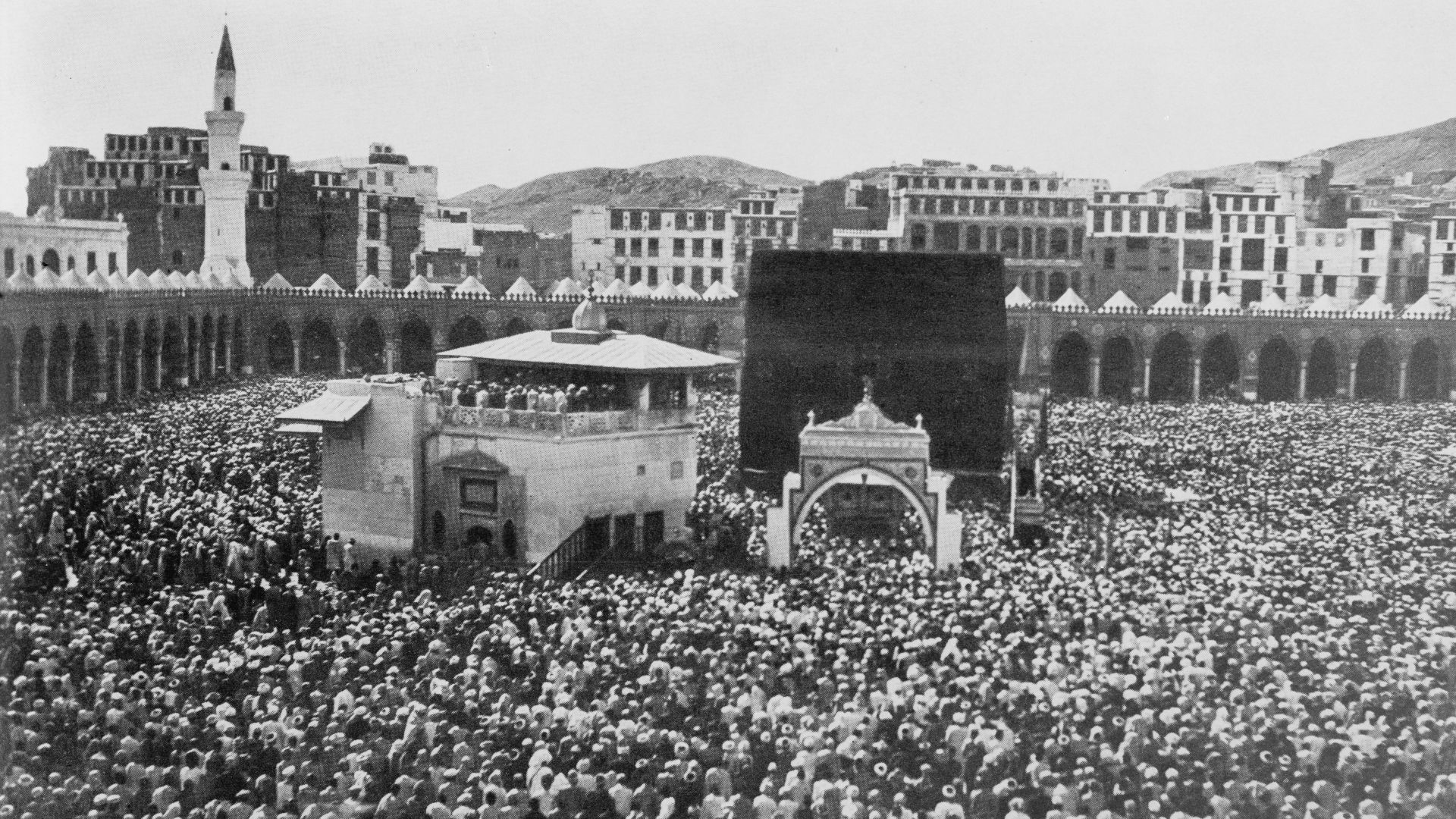 Original uploader was Bless sins at en.wikipedia, Wikimedia Commons
Original uploader was Bless sins at en.wikipedia, Wikimedia Commons
49. His Legacy Was As Golden As His Wealth
Despite the lack of clarity and official records, contemporary Arab scholars heap near unanimous praise on Mansa Musa. They aren’t just dazzled by his riches, but by his character, too. Ibn Battuta and others praised his wisdom and generosity, while Ibn Khaldun hailed him as “an upright man and a great king”.
He didn’t even have to bribe them to say that.
 Meet the Richest Man Who Ever Lived, Thoughty2
Meet the Richest Man Who Ever Lived, Thoughty2
50. His Fortune Still Defies Comprehension
So, how rich was Mansa Musa, exactly? Time magazine put it best when they wrote, “There’s really no way to put an accurate number on his wealth”. With a legacy that still lives on today in the Djinguereber Mosque and the University of Sankore, perhaps his fortune truly is beyond measure.
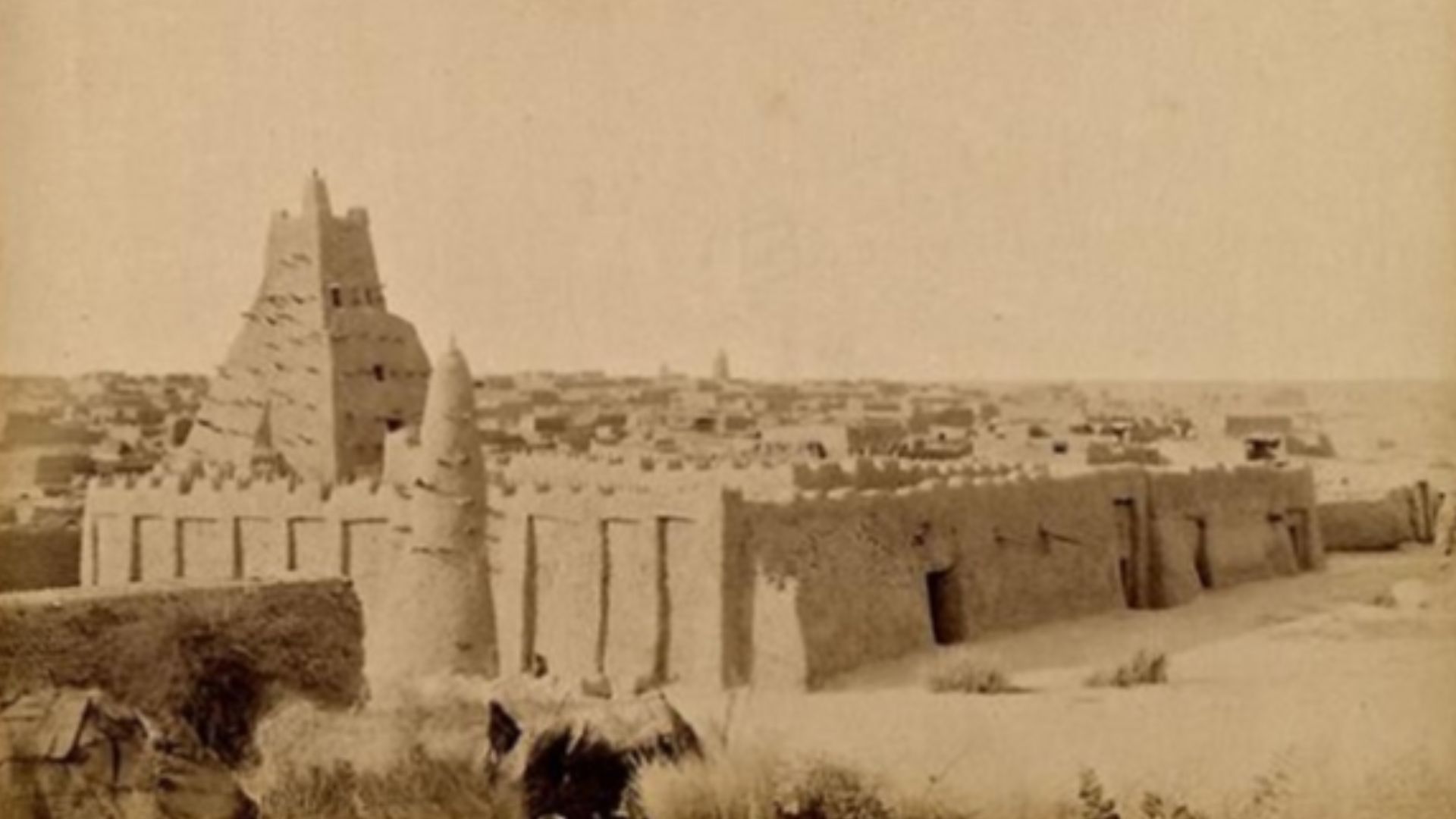 Louis Archinard (1850-1932), Wikimedia Commons
Louis Archinard (1850-1932), Wikimedia Commons
You May Also Like:
Sources: 1, 2, 3, 4